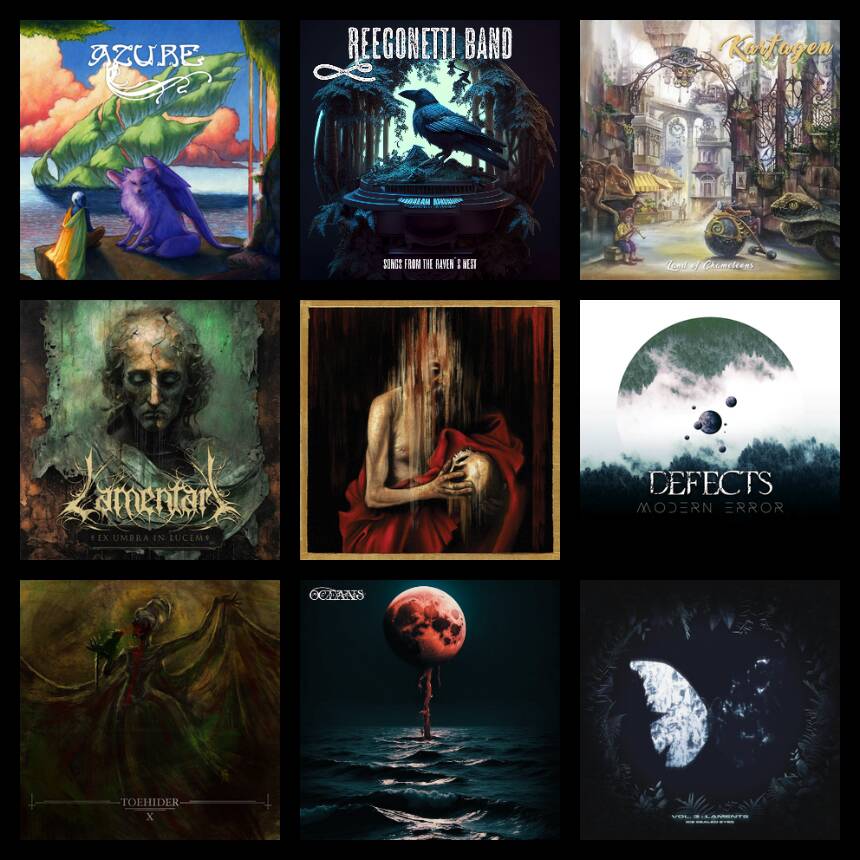
Julien Deyres talks about Gorod’s new album ÆTHRA
We had the opportunity to have a quite spontaneous and pleasant chat with Julien Deyres from French progressive/technical death metal band Gorod, to talk about the writing and recording process of their upcoming tenth album “ÆTHRA”, which will be released on Oct 19 via Overpowered Records. A review from the album will be coming soon as well. So, without further ado, here’s our chat with Julien Deyres about the moon, the album and their upcoming European tour.
TPS: We’re here with Julien Deyres from Gorod to talk a bit about “ÆTHRA”, a little bit about the tour and a little bit about everything else I guess.
Julien Deyres: the usual, kind of classic …
TPS: a classic simple interview. Let’s start with the album then. What’s up with the moon?
JD: what’s up with the moon? (laughs) that was the thing, yeah, about the lyrical concept. So it started not that long ago. Gorod is a band that’s always been writing concept albums, with the purpose of making a whole history about something. For example, our previous album “A Maze of Recycled Creeds” had a very complicated topic, dealing with secret societies, the Christian Order and stuff like that. Kind of dark and not easy to handle subjects, and I’ve been asked a little by the band and by friends of mine about writing something simple that could relate to a lot of people, so I was thinking that the moon can be a nice topic because everyone has a culture about the moon. It actually already happened to me when I was in an exhibition in Paris, it was a retrospective with works from the painter Paul Gauguin, and I’m not usually a super fan of him but I was there and there was this picture of a goddess of the moon in Polynesian culture, not sure which one specifically, and she was named Hina, and that’s the name of one of the songs in the new album. I’d never heard about the goddess and started to get interested, and then I went outside and the moon was there as well. I thought at the moment that everyone is connected to the moon, so let’s try to write something about that topic, like a worldwide tour of devotion towards the moon in different ages.
TPS: How do you start approaching the moon as a subject? You talk about these different cultures and every song is a reflection of the moon in a different culture, which is a very broad concept to have.
JD: Absolutely. I wanted it to be something international and reach a lot of people. I looked at it from an art history perspective. I’m a tour guide and I spend a lot of time in museums and galleries, so I started getting to know all the different aspects to devotion to the moon as a god and goddess. In western culture, the moon is always associated with the woman, with the 28 days in the moon’s cycle and in women menstrual cycles and things like that. But as I started looking into Scandinavian cultures, and Mexican culture as well, I started to notice that there are many moon male gods as well, and I wanted to reflect this parity and balance in the album. So we have 4 songs about goddesses and 4 about gods, and I thought it’d be interesting to see how people see the moon, wherever they are. So it’s a collection of different cultures. I wanted to make something dream-like, oneiric, and also kind of documentary. So that was my purpose and my approach.
TPS: Let’s talk a little bit about the writing and composing process. How do you guys go about writing an album?
JD: We have a very specific way to write songs. Matthieu Pascal (guitar) has been the main composer since the beginning, and since he built a recording studio he has recorded all of our albums as well. So he writes the songs, often with all guitar tracks and a drum machine, and gives them to everyone, so everyone can start working on them. He’s really the mastermind behind it all, and the rest of us just learn to play the songs. He doesn’t take care at all about lyrics or vocals, so often he doesn’t think that there will be vocals on the songs (laughs) and it’s really complex music so sometimes I struggle with how to put vocals to the songs because they’re complete works by the time I get them. So he writes the songs, I get the lyrics and vocals in, and then we start playing the songs together.
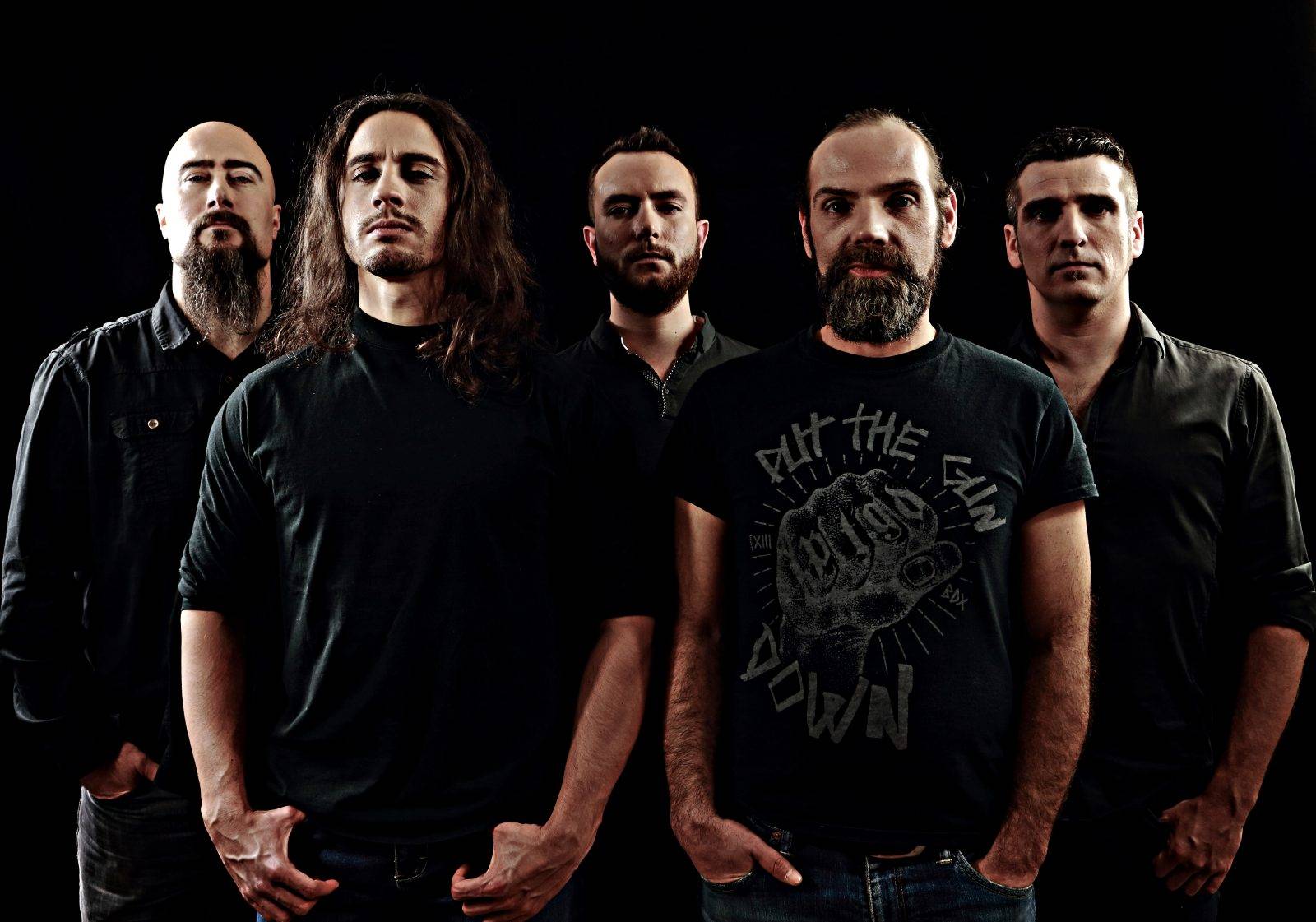
Courtesy of Gorod
TPS: Matthieu has also been the producer for the albums, right?
JD: Yes, he’s always been the producer, except on this one. Finally, he let someone else do the mixing, and it was Daniel Bergstrand (Behemoth, Meshuggah). It was the first time he wasn’t in charge of the whole process.
TPS: That must’ve been an interesting experience for him.
JD: Yes, he’s writing, recording, mixing and everything but this time we decided to have a different point of view. And it’s interesting because you’re completely immersed in the work when you’re writing and doing the whole thing. I wanted to ask Daniel because he’s one of my favorite producers, so it was a bit of a personal wish. I’m a fan of Behemoth and Meshuggah since the beginning and Daniel played an important role in developing that sound. So I think that having Daniel mix “ÆTHRA” was a good option and we sound a bit different now.
TPS: That’s something I noticed while listening to the album today, you can really hear that there’s a distinct vibe like the one you can get from albums from Behemoth or early Emperor, and it’s very interesting. The songs still sound like Gorod, I mean, with every single one you can say that this is a song from Gorod, but then there are these little things like the way the guitar sounds, how the chords sound really open, and that reminded me of Behemoth and Emperor, and it makes sense with Daniel having done the mixing.
JD: Yeah, that’s the thing. When Matthieu writes songs he wants the sound to be extremely clear, and he’s very good at getting extremely clear sounds. For example, with the song we released, ‘The Sentry’, a friend of mine who’s actually the drummer in Pain of Salvation (Leo Margarit) told me that it sounded crunchy, that he could hear the notes clearly, even with the extremely deep and brutal mix. So I think we found a good balance between the clearness that we’ve had previously and the brutal and messy sounds that Daniel Bergstrand does, so the songs are finally much more brutal than they used to be.
TPS: That for sure. There’s a couple of songs, ‘Wolfsmond’ and ‘A Light Unseen’, that are brutal from the very beginning. Even vocally they sound very raw and every layered at the same time. I really liked that and I think people are going to enjoy that.
JD: I really love the vocal work that Daniel does, so that’s the reason I really wanted to have him on the album. And in my opinion, my vocals have never sounded as brutal as they do in “ÆTHRA”. Since I’ve been playing in Gorod, I’m finally satisfied with the result of the vocal production.
TPS: I guess that answers my next question then, as I was going to ask what would be something from the album that you’re most proud or satisfied about.
JD: Yeah. I’m also very satisfied with the sound of the drums. The kick and the snare are great, and you can also hear the cymbals a bit. Usually, in this kind of brutal recordings the cymbals are hidden behind everything else, but this time you can really pick up Karol Diers’s playing. He has a very complex, groovy technique when playing cymbals, and you can hear it clearly on the album. So I’m very satisfied with that.
TPS: for the tour that you’ll be starting in November, have you given any thought to how many songs from “ÆTHRA” will be in the setlist? Are there any songs that you’d say you have to play every single night?
JD: That’s a very complicated question. That’s a discussion within the band because everyone has a favorite song and they aren’t always the same. I think we’ll play at least 2 or 3. We think ‘The Sentry’ will probably be in the setlist because it’s straight-in-your-face brutal and it works. We have to play ‘Bekhten’s Curse’ because in the opinion of all the band members it’s very different from our past work. And we also have to play ‘Aethra’ because it’s a masterpiece, so much so that we named the album after it. So we have to play it even if it’s hard because it’s the most progressive song with so many different parts. It is a shorter version of ‘Transcendence’ in a way, so we’ll try it, at least once and if it’s a disaster then we take it out of the setlist (laughs).
TPS: I’ve seen you guys play ‘Carved in the Wind’ live without a problem. It can’t be that much more complicated.
JD: (laughs) that’s true. But ‘Carved in the Wind’ isn’t that hard to play. It isn’t the hardest but it’s definitely one of the hardest. Probably ‘Aethra’ isn’t the easiest of the two, but we’ll see. We always have a surprise when we play it. We never know but we’ll try to play at least 3 songs from the new album.
TPS: Excellent. And which one is your favorite song from the album?
JD: ‘Bekhten’s Curse’ and ‘Aethra’ are my favorites. I really love the first one, ‘Wolfsmond’, because it’s very straight in-your-face and that’s the thing I like. And I really love ‘And The Moon Turned Black’ also, which is super brutal and has many different things going on. So that would be my top 3: ‘Bekhten’s’, ‘Aethra’, and ‘And The Moon Turned Black’.
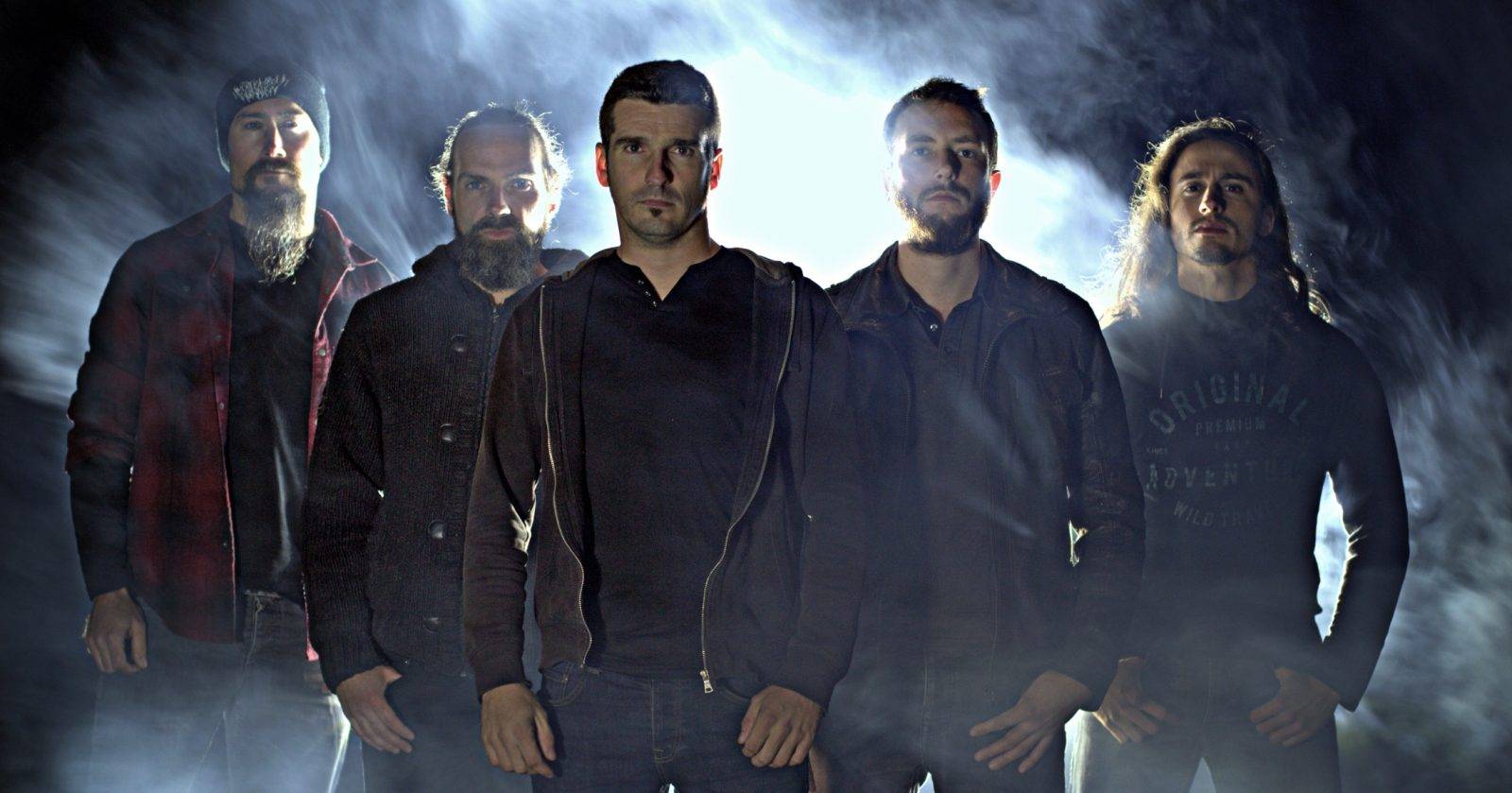
Courtesy of Gorod
TPS: Was there anything left from the recording sessions that might make it to a new album, EP or single?
JD: No. We recorded everything we had because there was this urgency to get it out there. So Matthieu composed 10 songs in about a month and a half, and the entire album was written and recorded in about 4 months. So we have nothing more (laughs) there wasn’t a single riff left.
TPS: wow, that’s impressive. These are 10 complex hard-worked songs.
JD: to give you exact dates, Matthieu opened the file on the album around the 20th of November, and my vocals were done by the 8th of April. So it was very fast. I think this urgency compels you to have a sort of spontaneity. This is one of the most spontaneous albums we’ve ever made because we had no time to overthink about the thing or to redo things. Some of the things we came up with during the recording, improvising some and then we liked them and we kept them.
TPS: A more general question, if someone was trying to get into the band, and listen to your music for the first time, what would be the song you’d recommend?
JD: In my opinion, it would probably be ‘Aethra’, because it has everything. ‘Transcendence’ also has everything but it’s very long, so it isn’t easy to handle for a first-time listener. So ‘Aethra’ would be the song I’d choose, definitely.
TPS: Well, I guess that was it, that’s all the questions I had.
JD: Ok, cool. Thank you very much for the interview and interest in the band. We’ll see each other in Hamburg.
TPS: We’ll see each other in Hamburg, yes.
JD: That’ll be the second show of the tour. We’re starting in Denmark (Aalborg Fest) and we’ll be with Beyond Creation, Brought By Pain and Entheos, and we’re very happy to be with this line-up.
TPS: It’s an excellent line-up.
JD: It sounds really good and we already know the guys from Beyond Creation and Brought By Pain, so I think it should be fine also in a human way (laughs). Good musicians, good people, so I hope we’ll have a good time, with good audiences and good parties as well.
TPS: Until then. Thank you very much for the interview.
JD: Yeah, thank you very much and see you in Hamburg.
TPS: Au revoir
JD: Au revoir
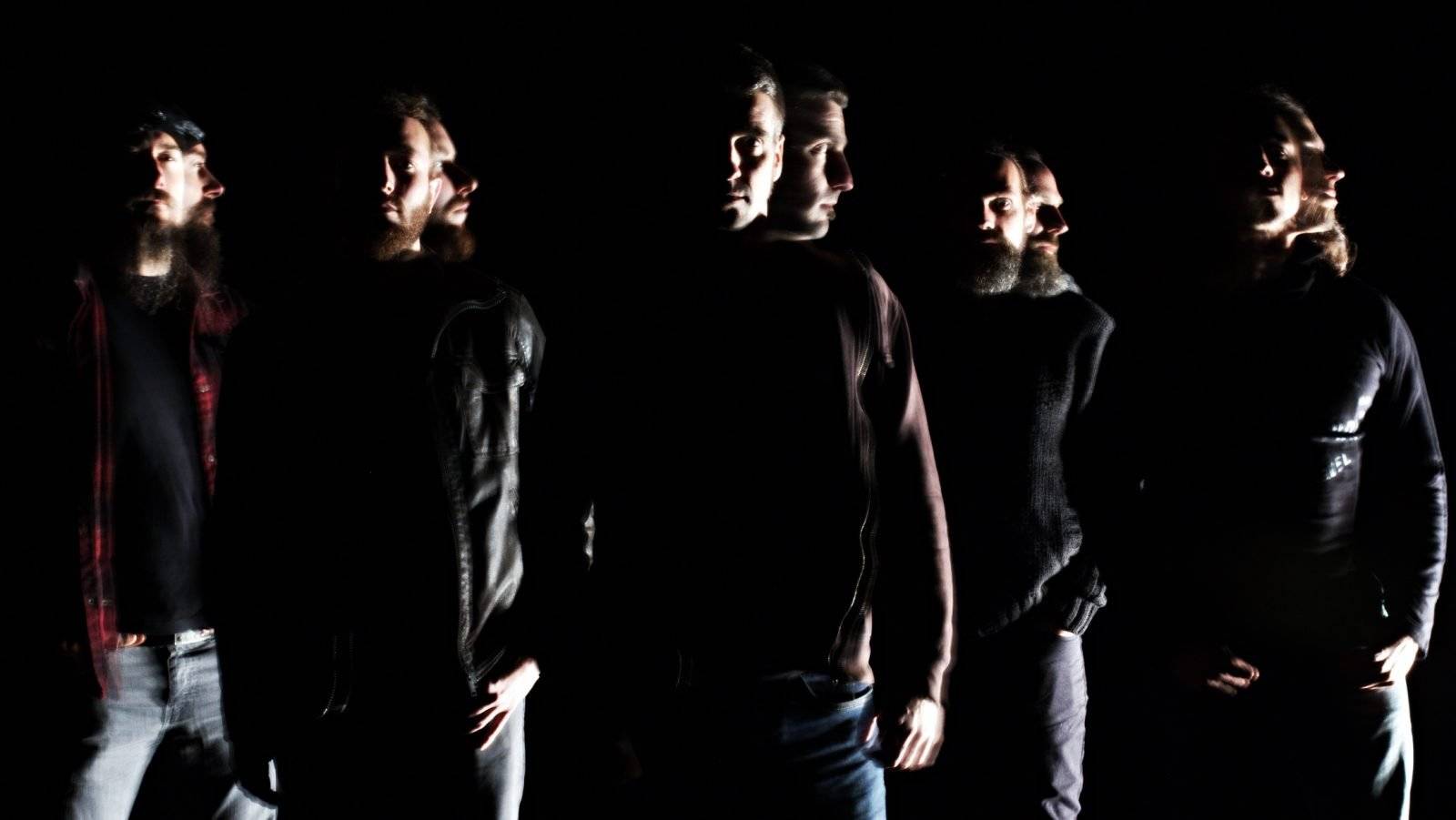
Courtesy of Gorod
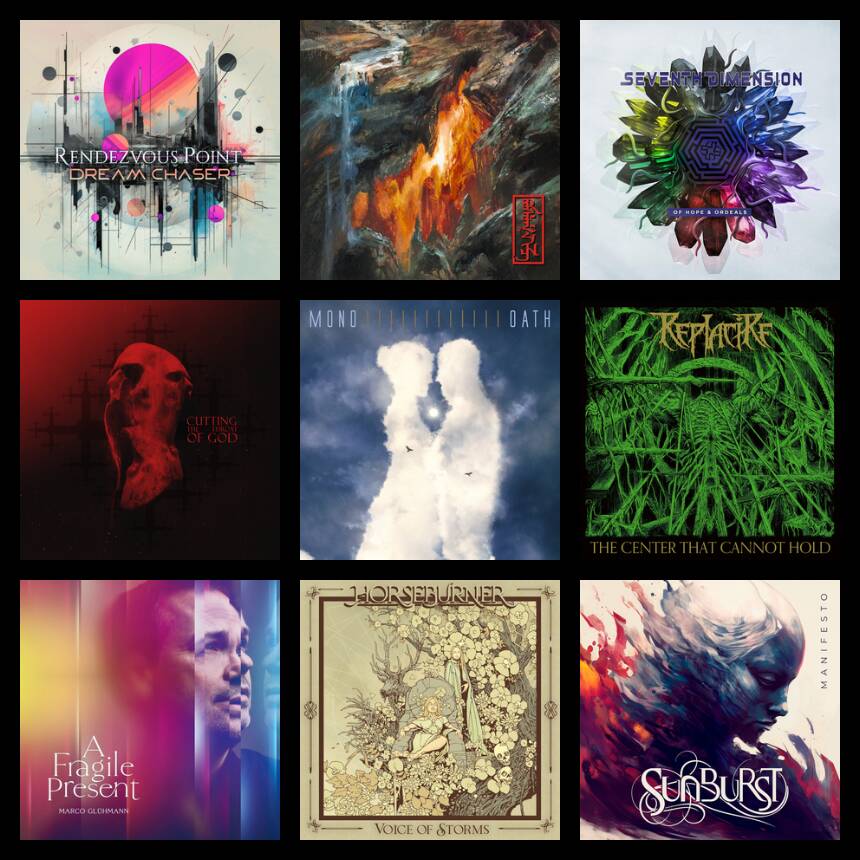
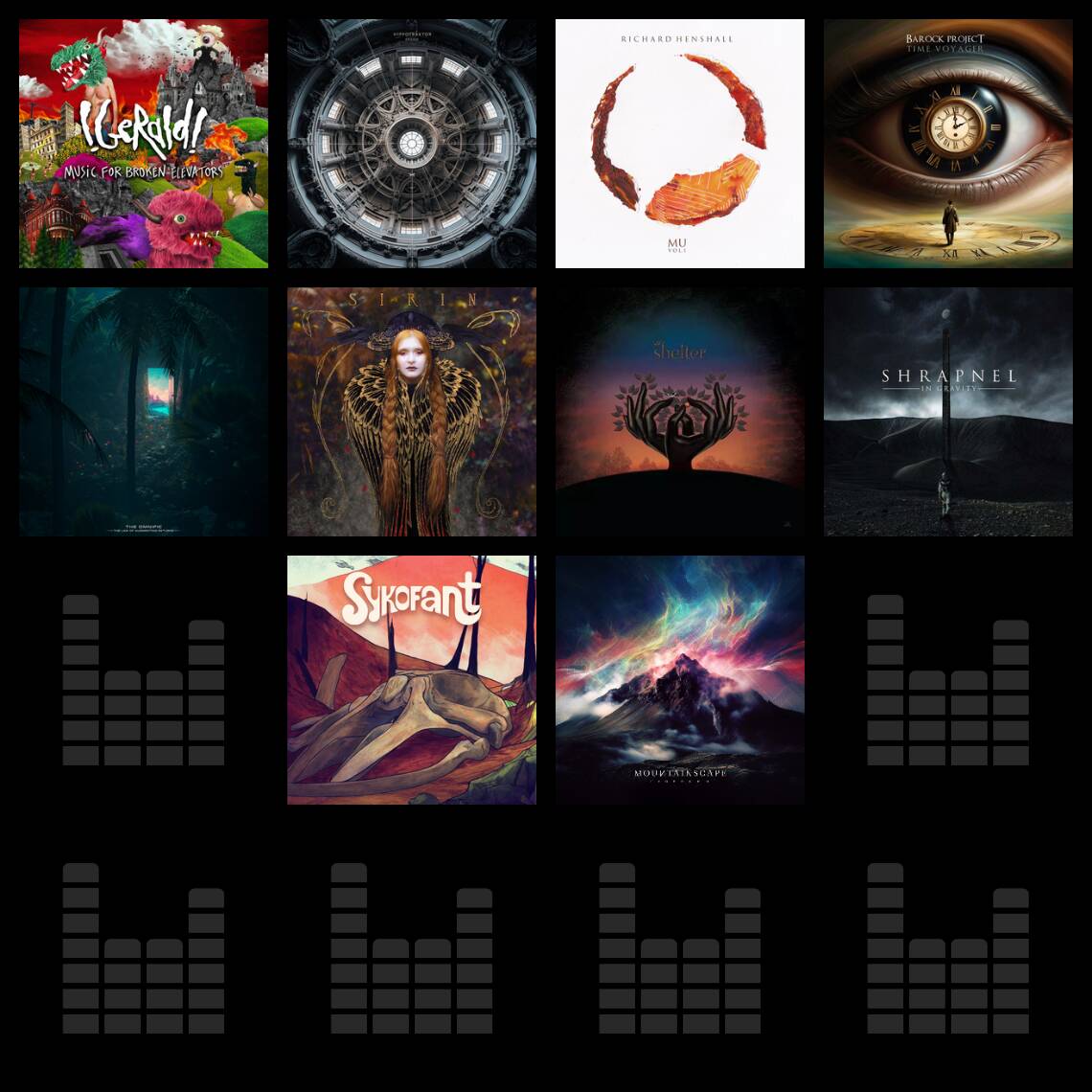
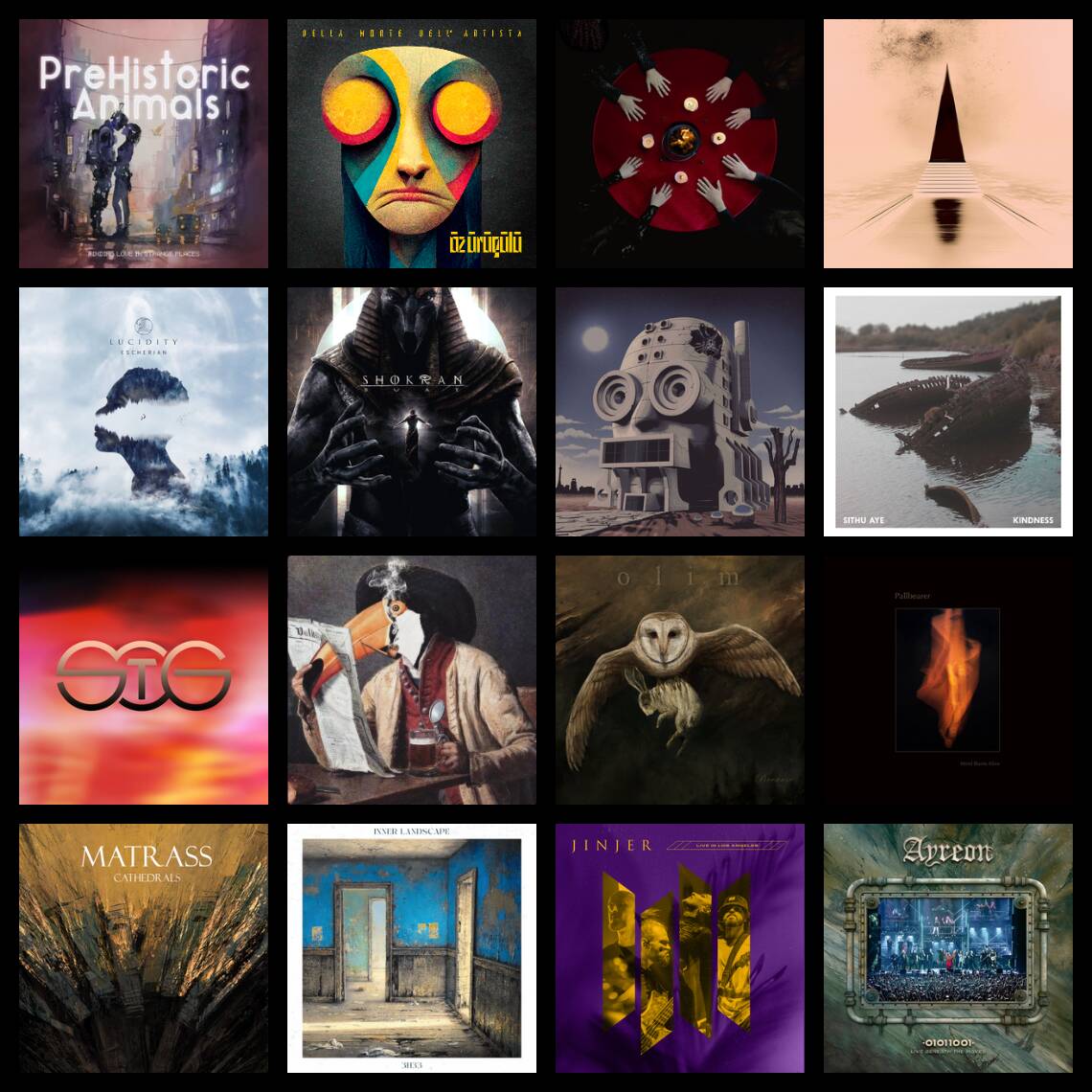

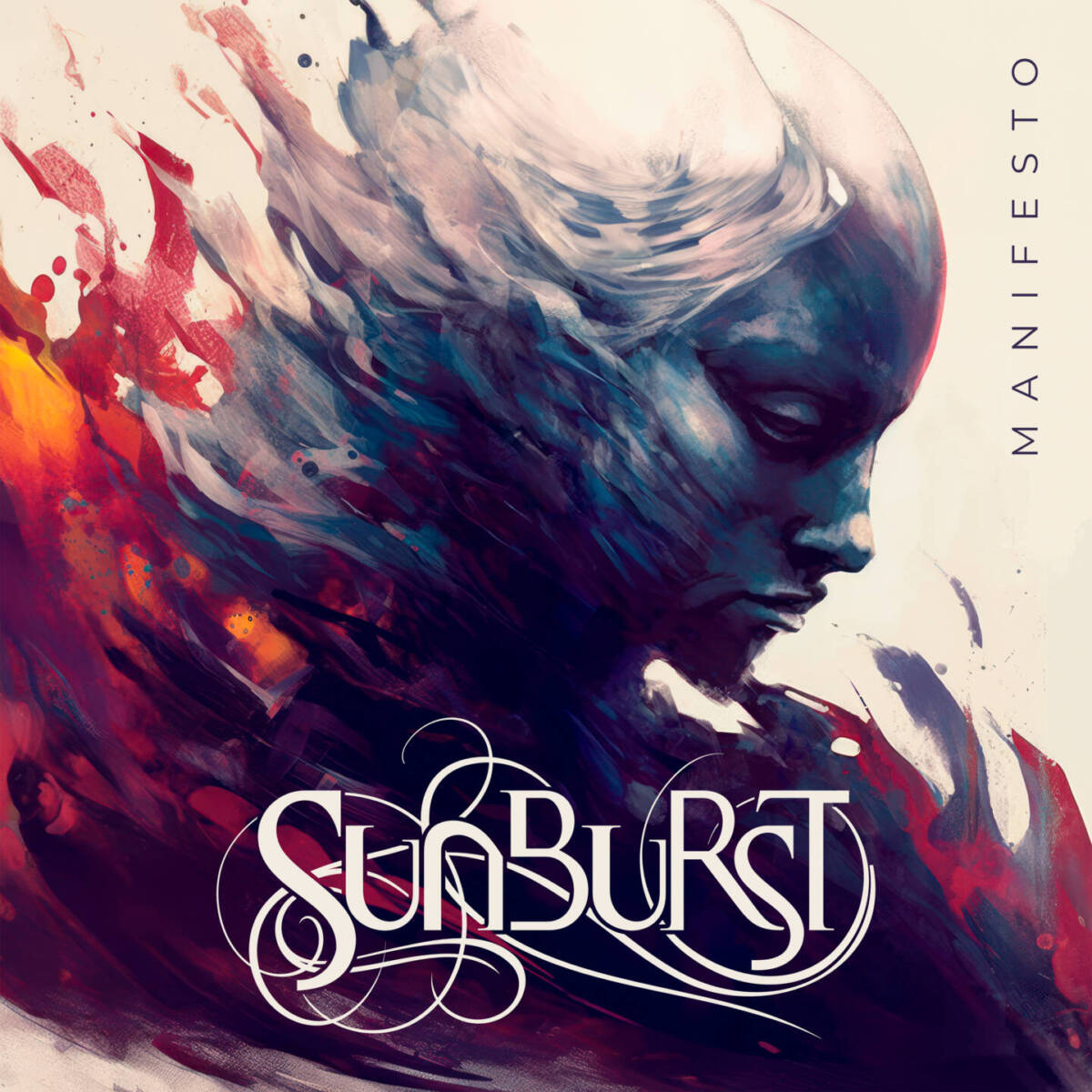
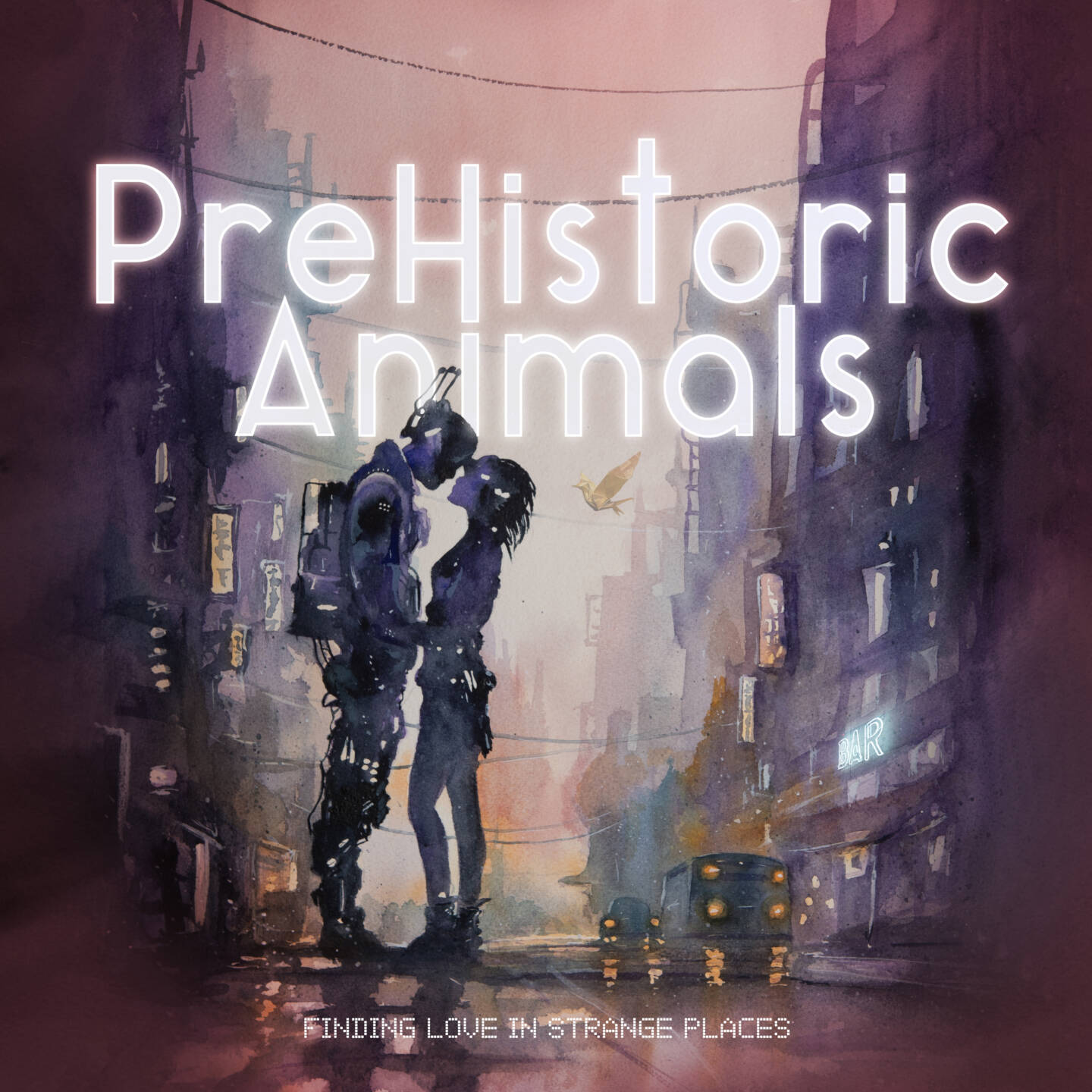

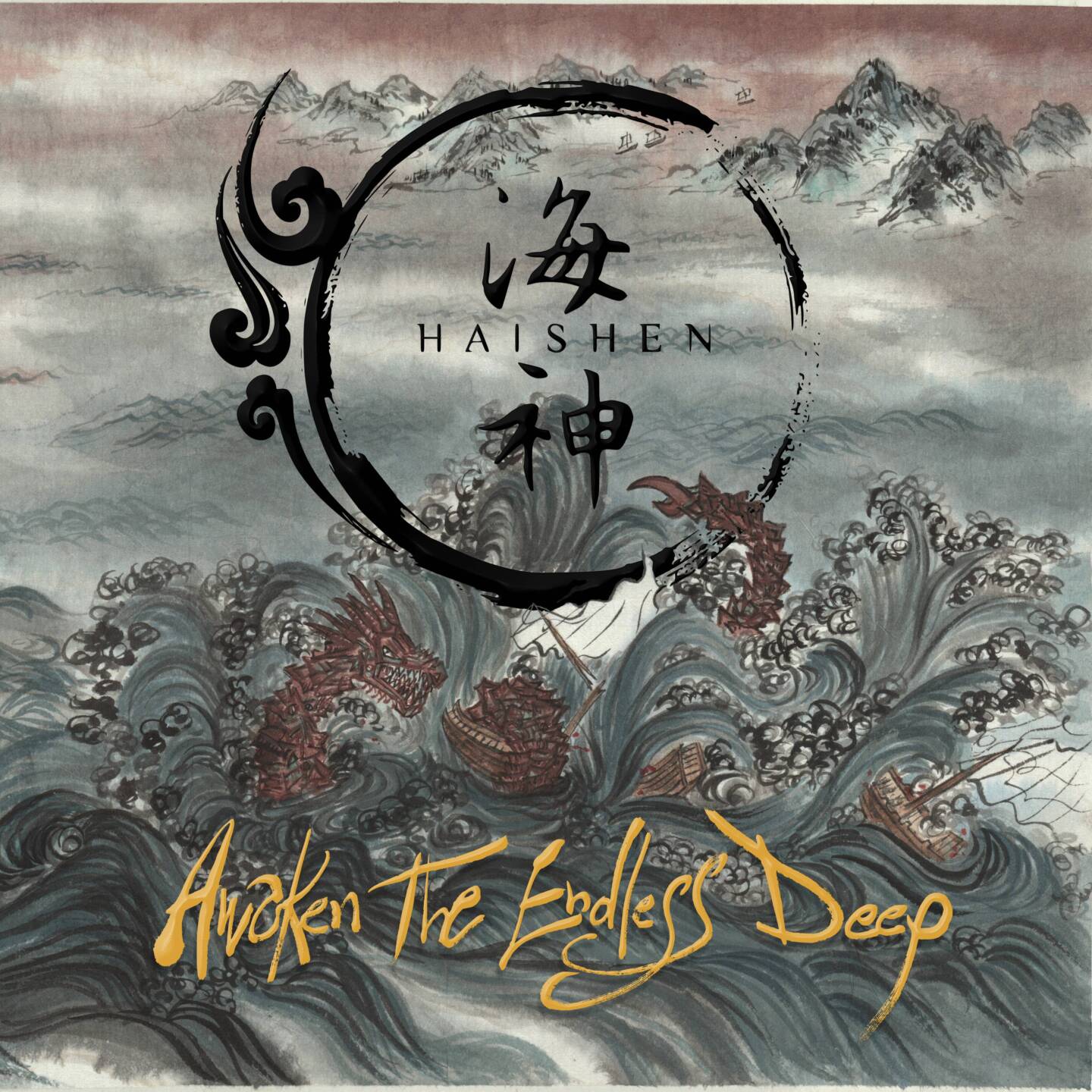
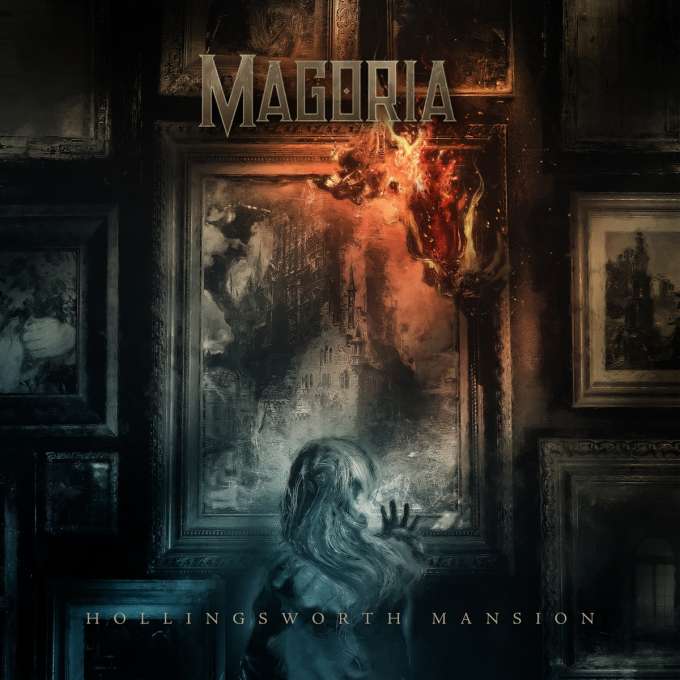
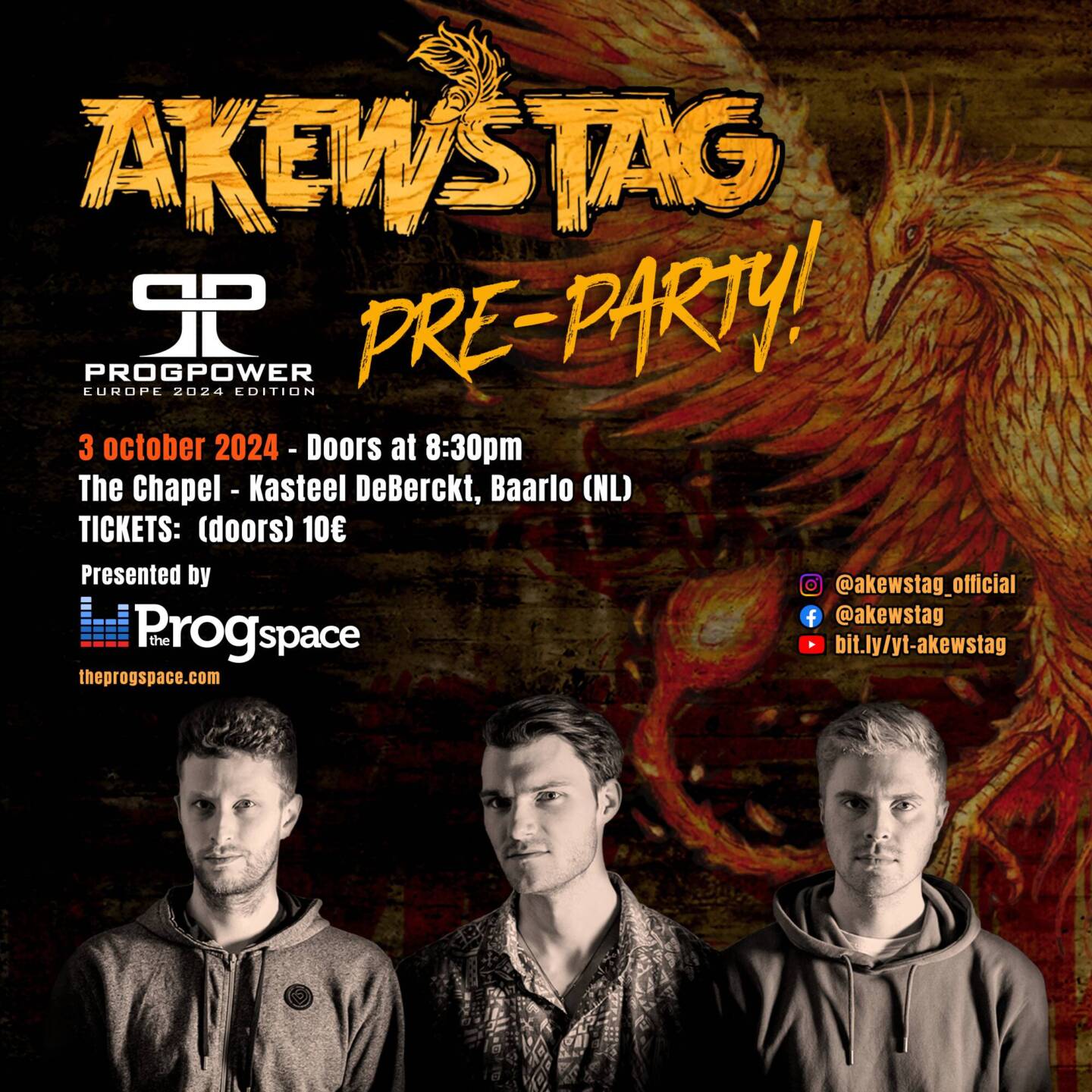
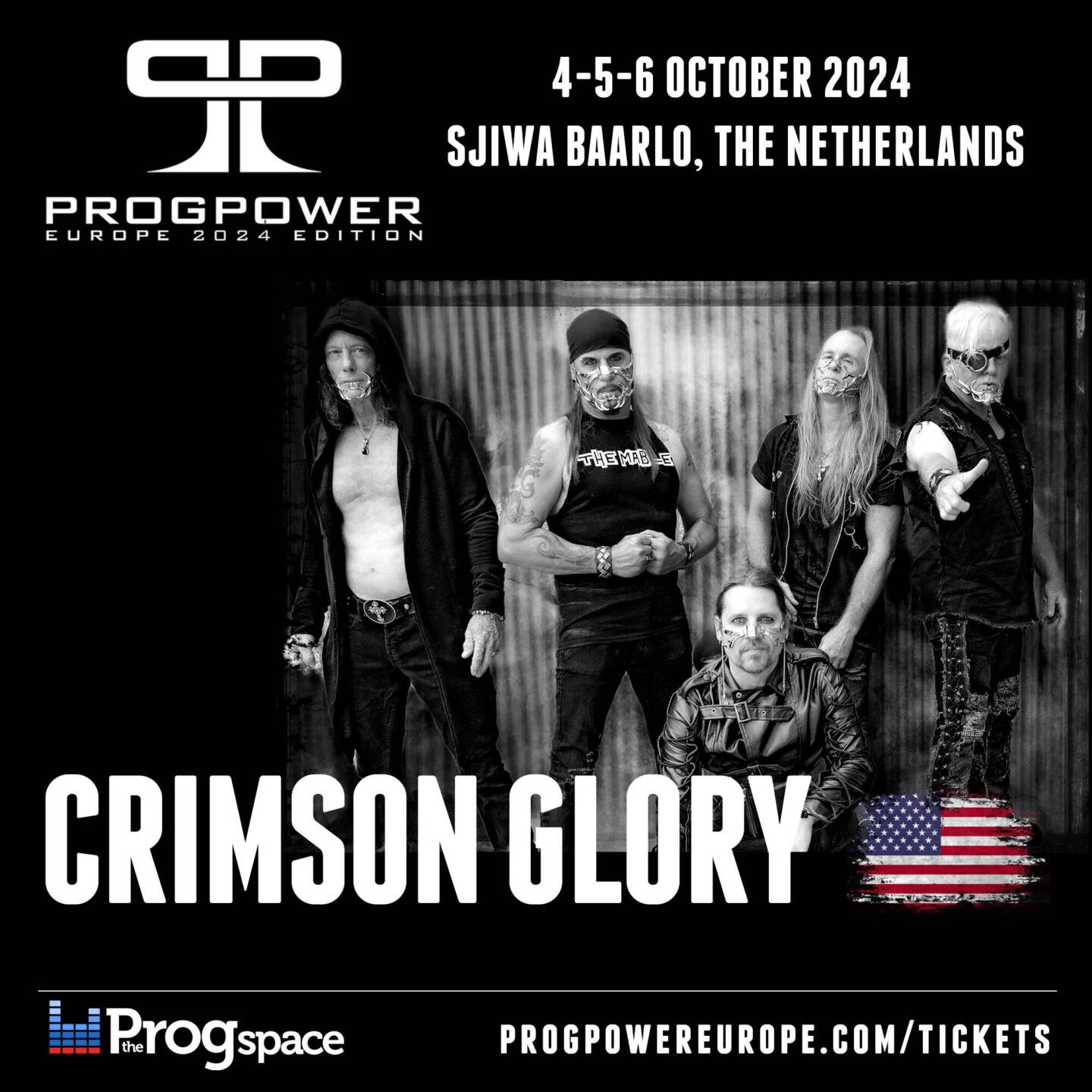
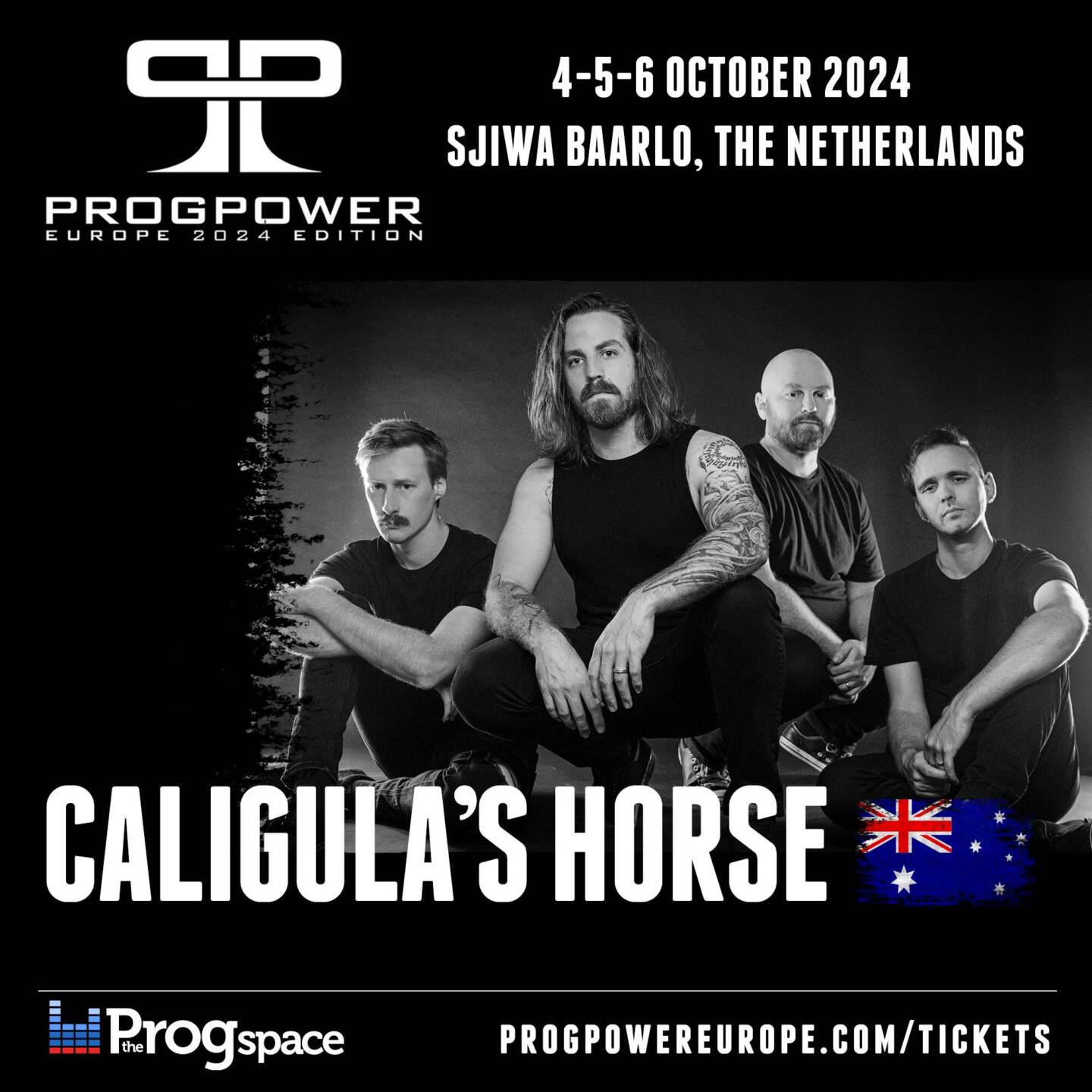
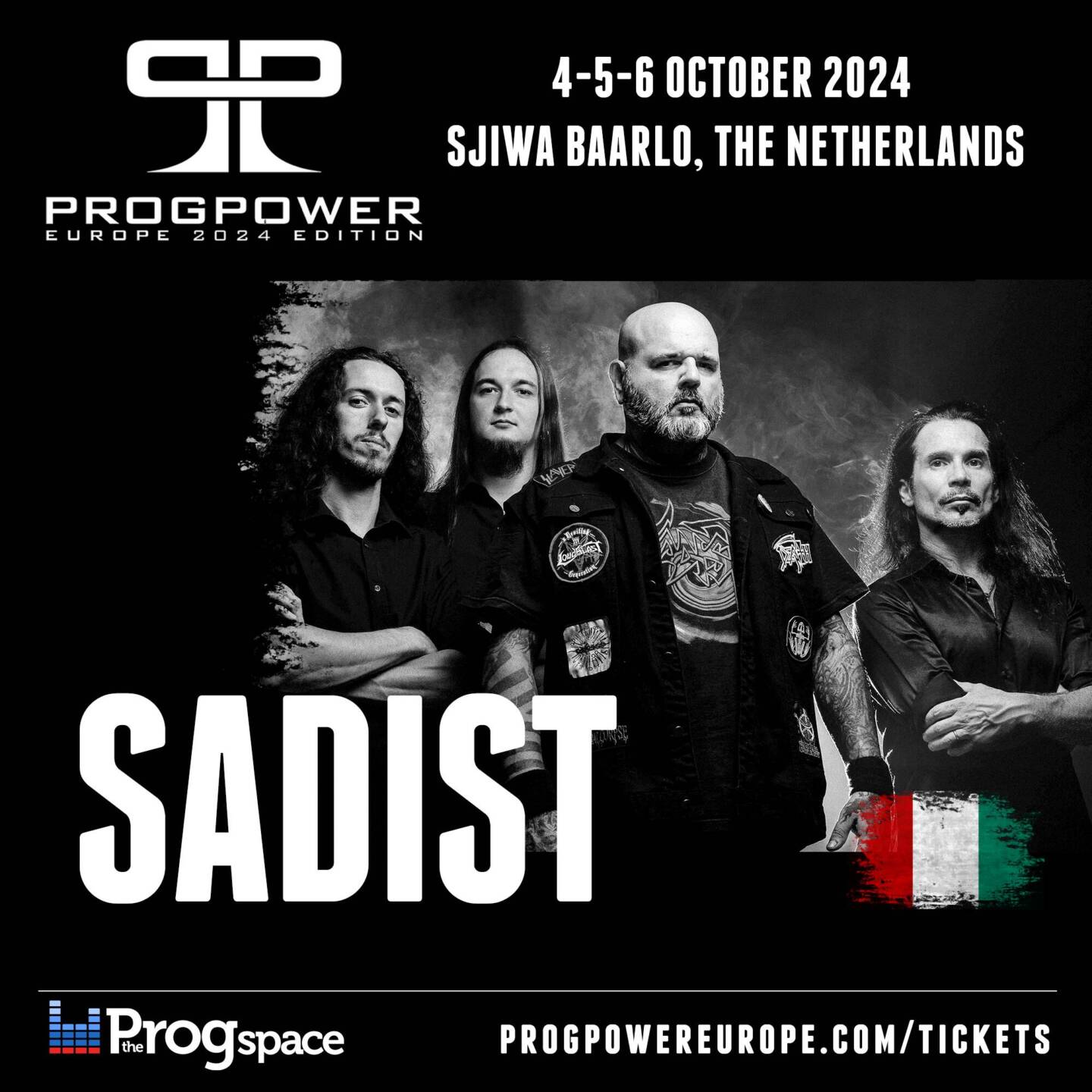
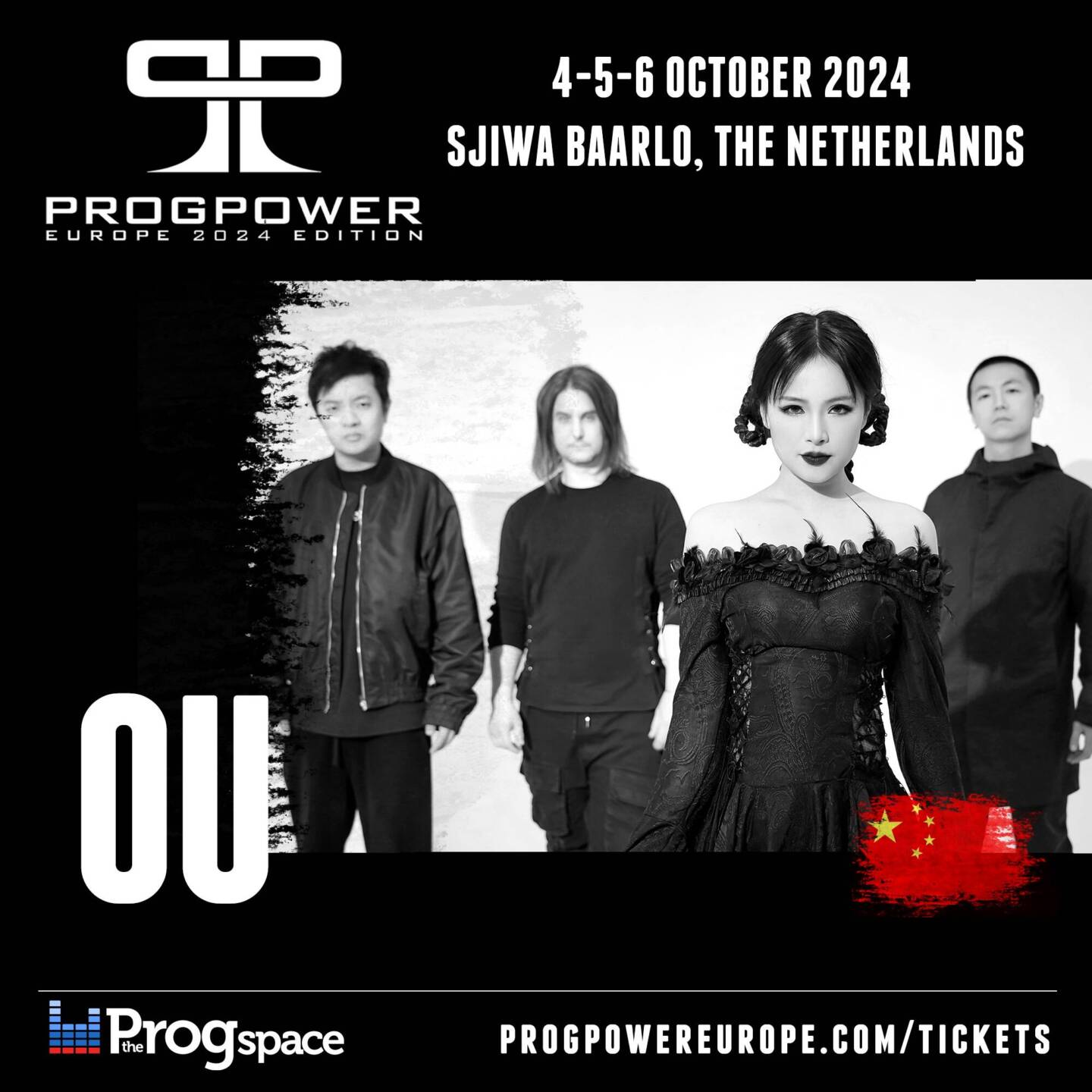
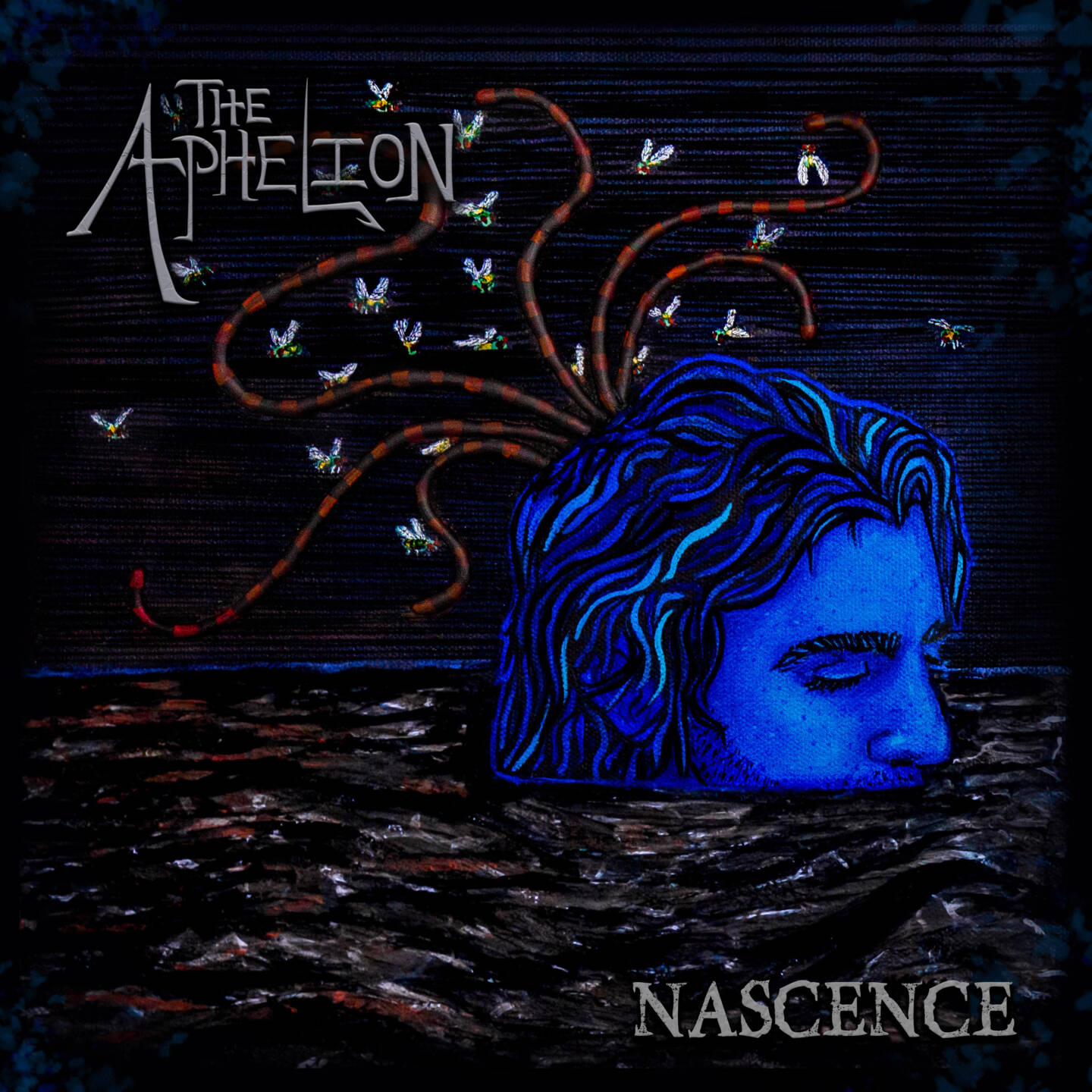
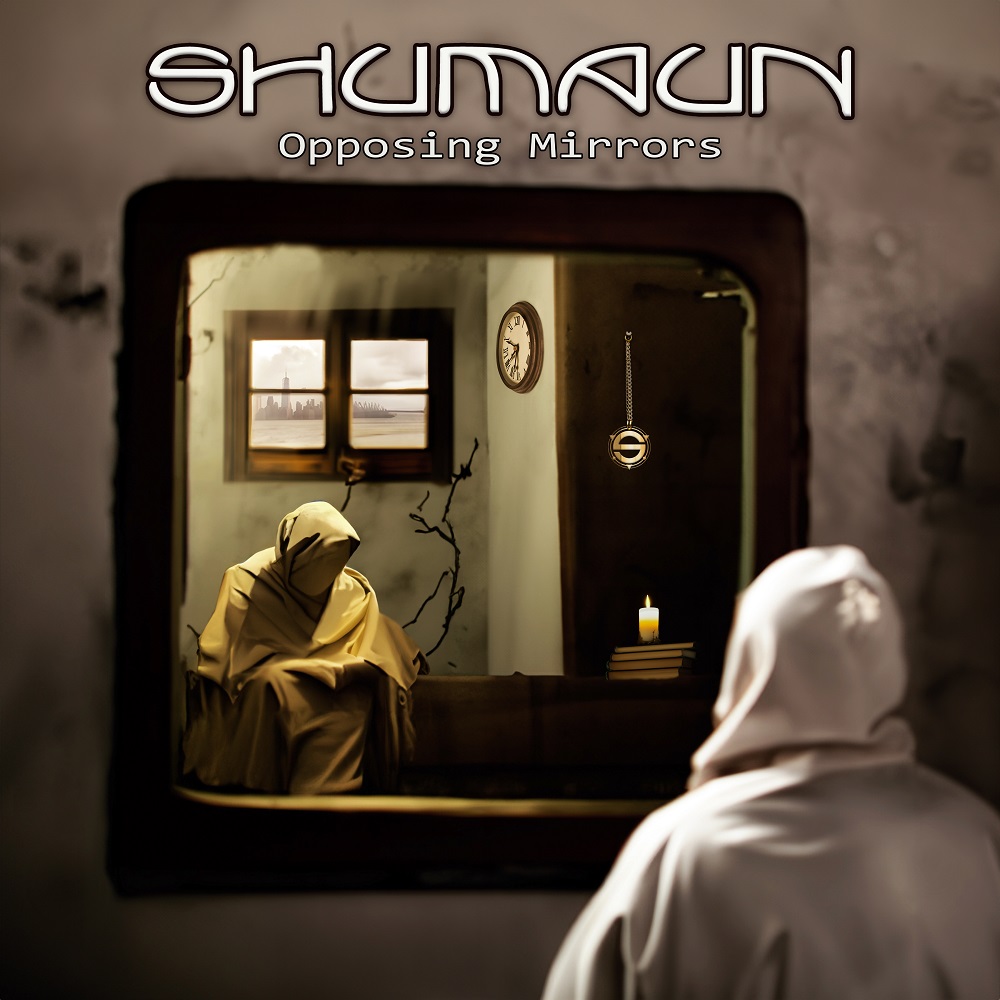
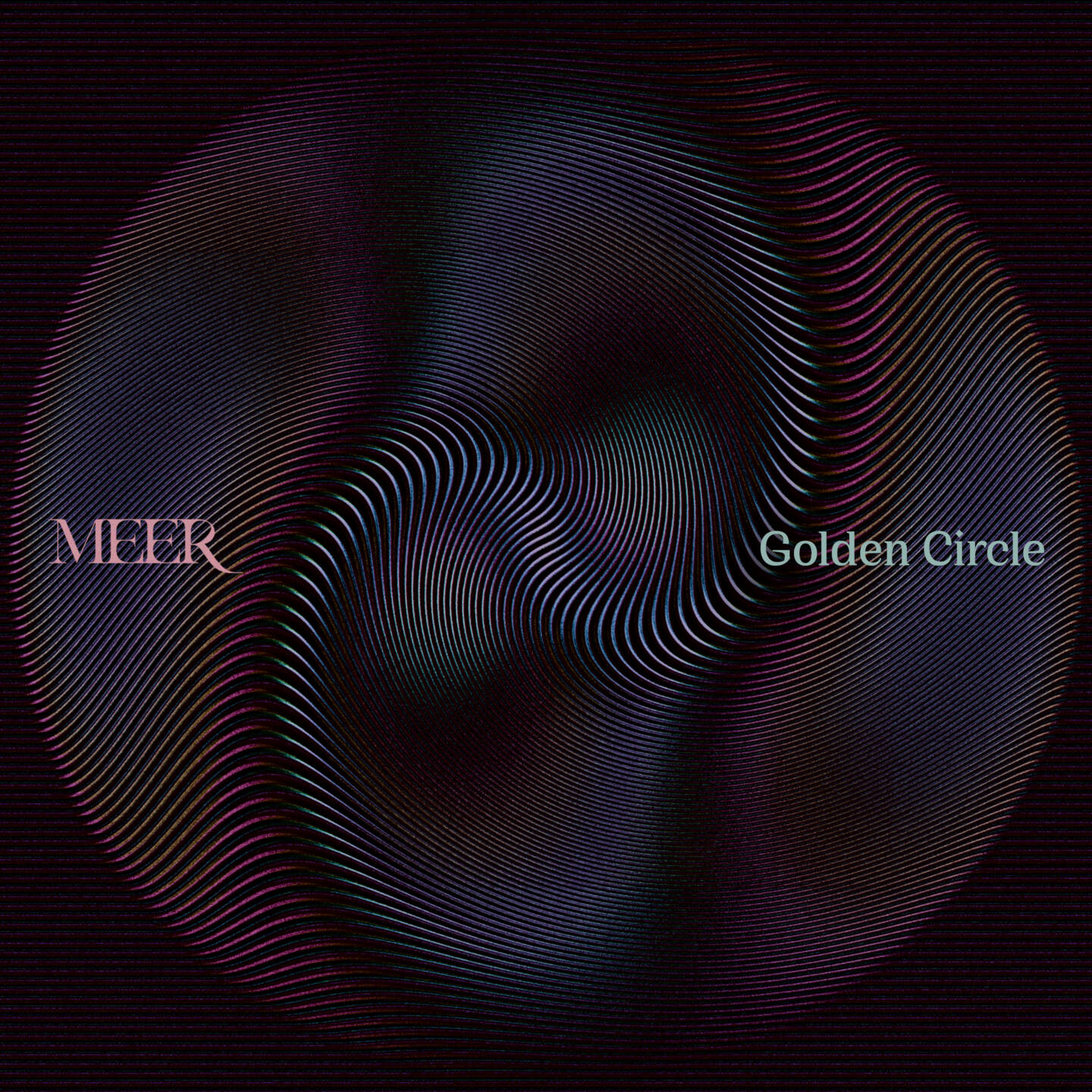
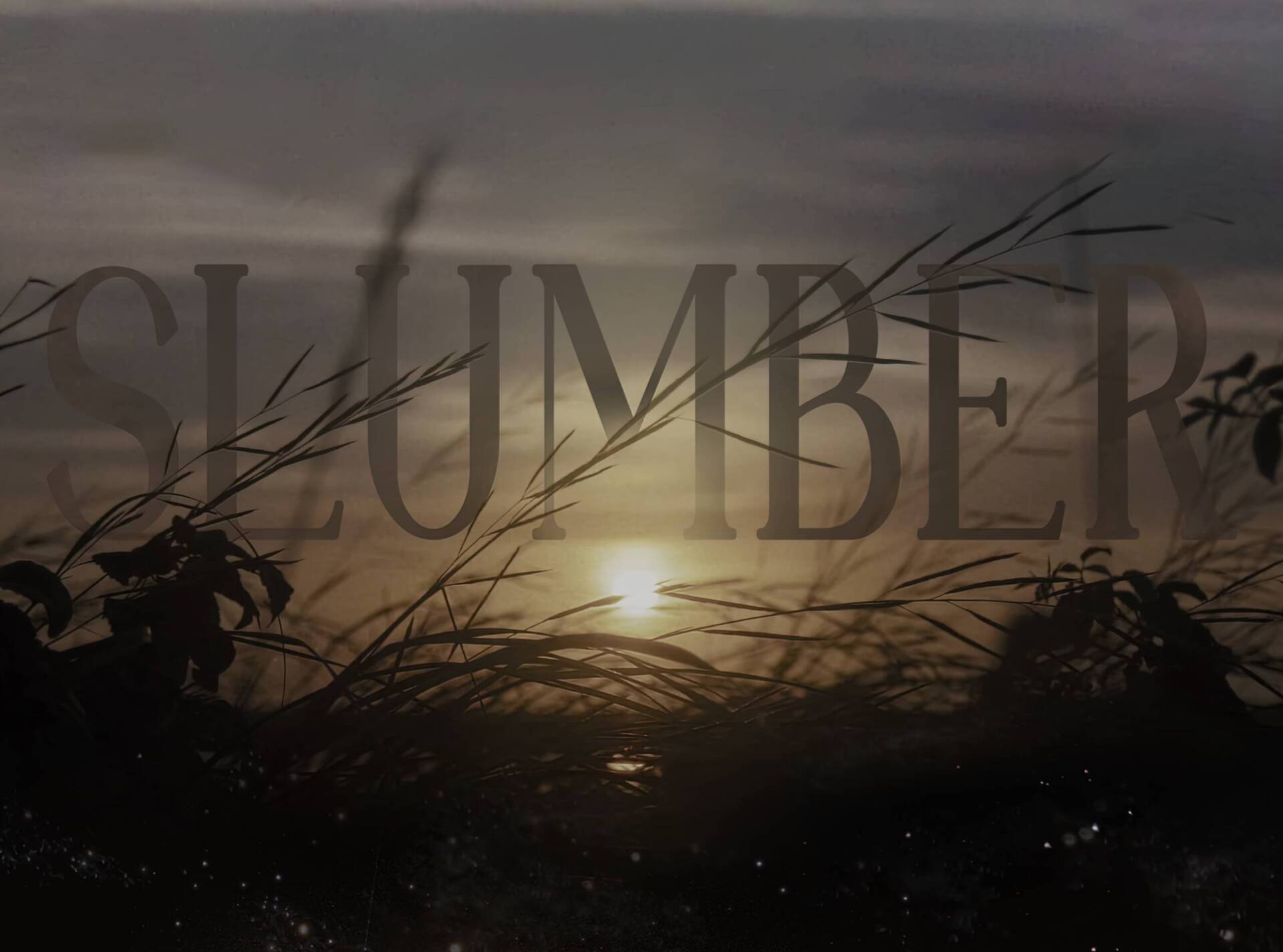
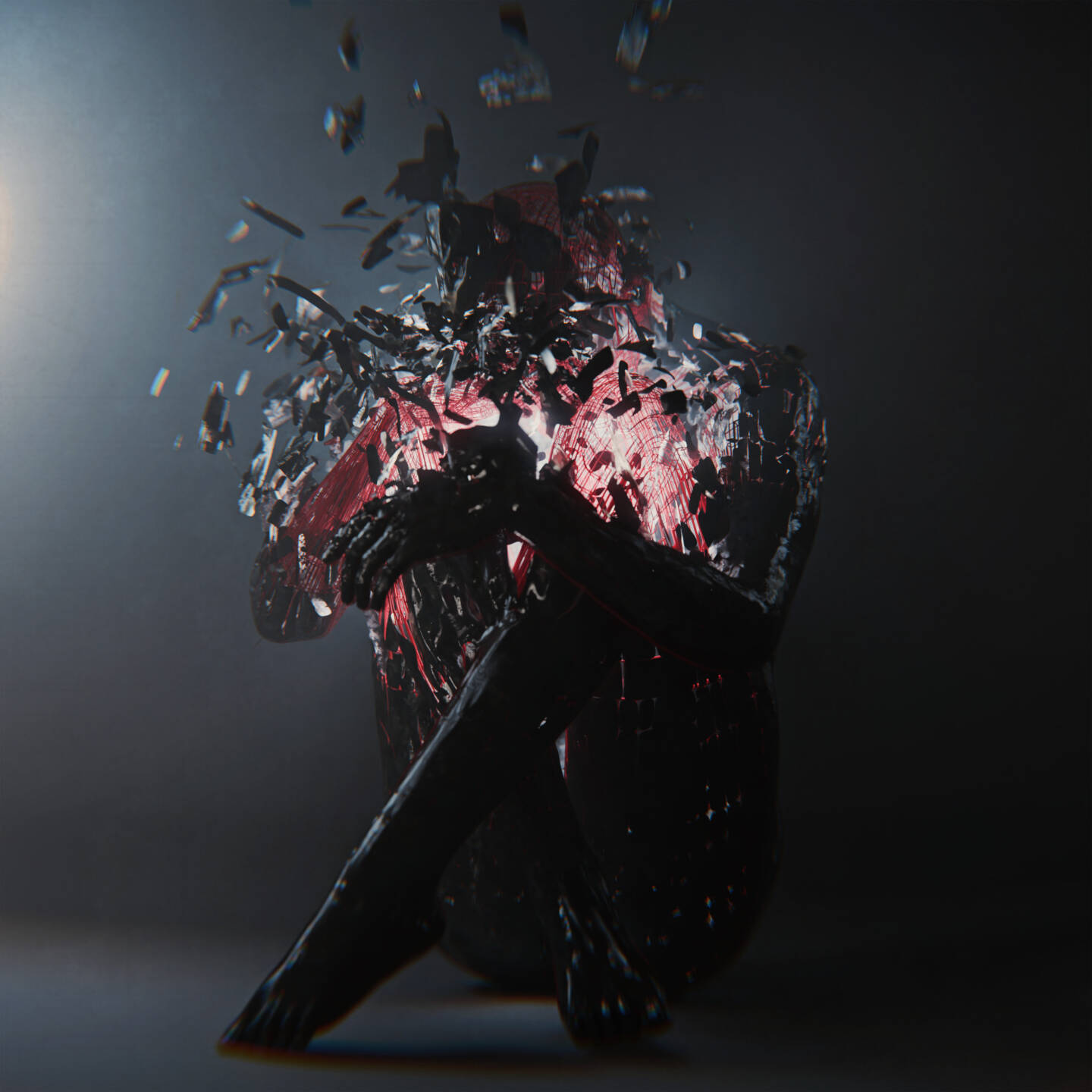
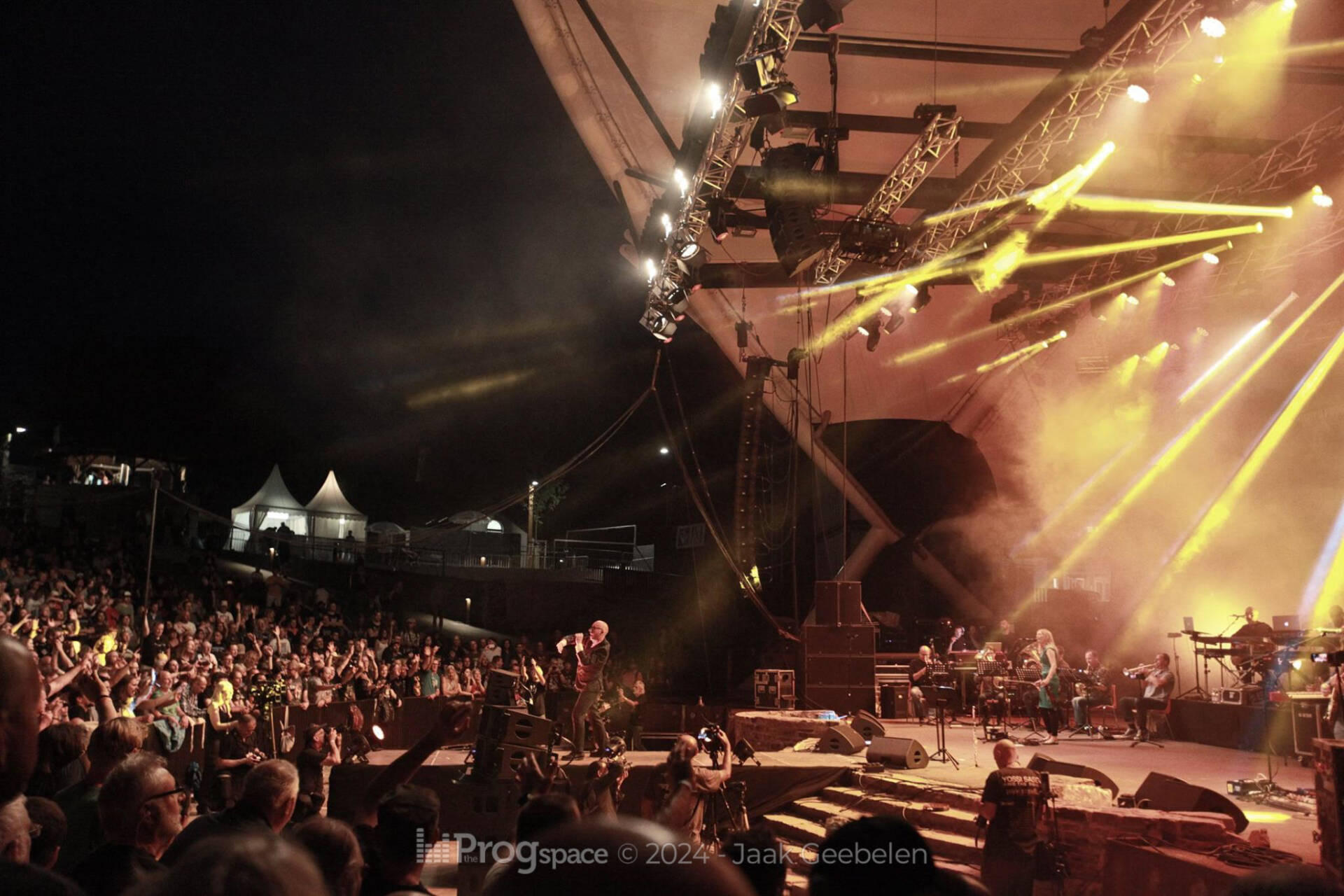



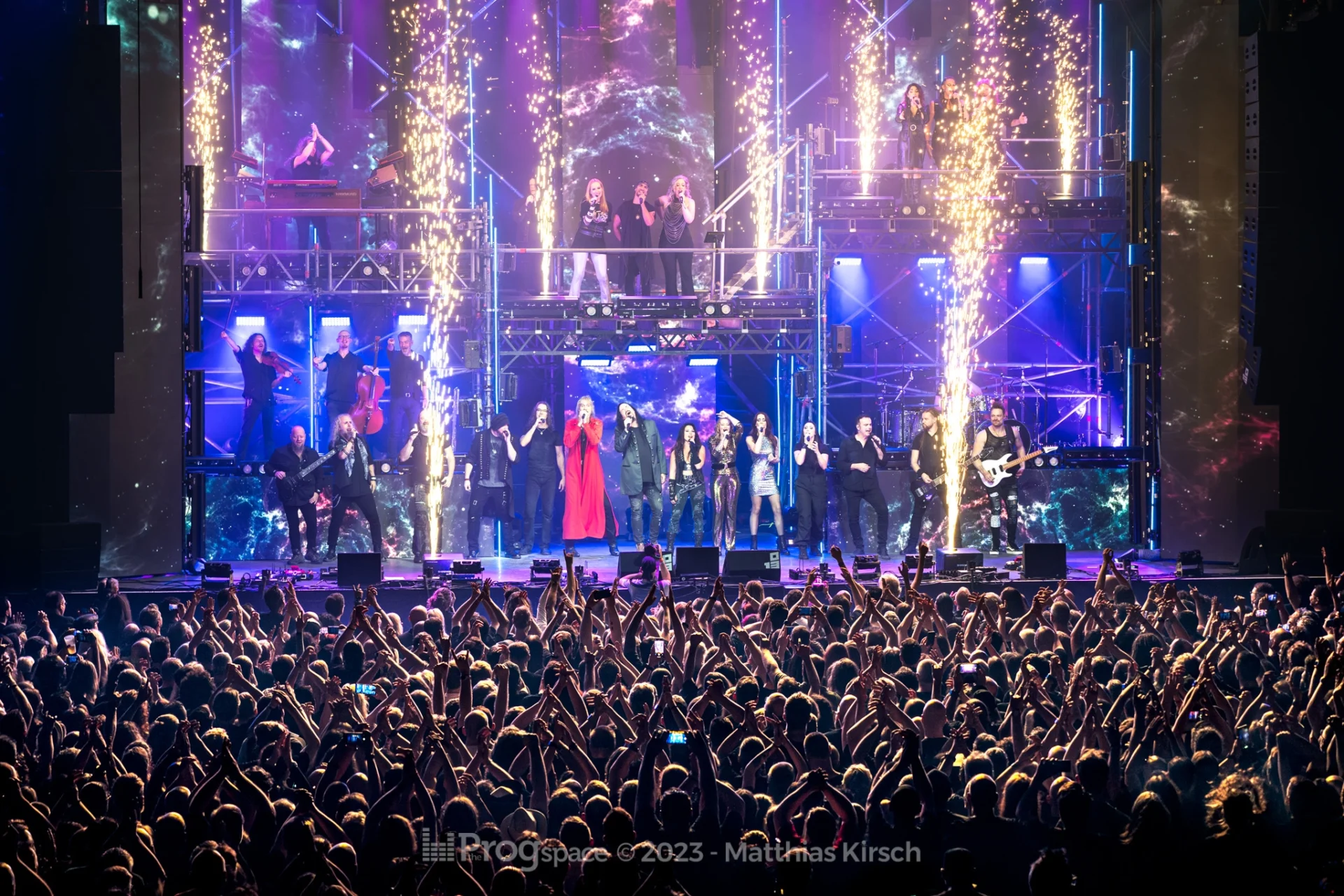
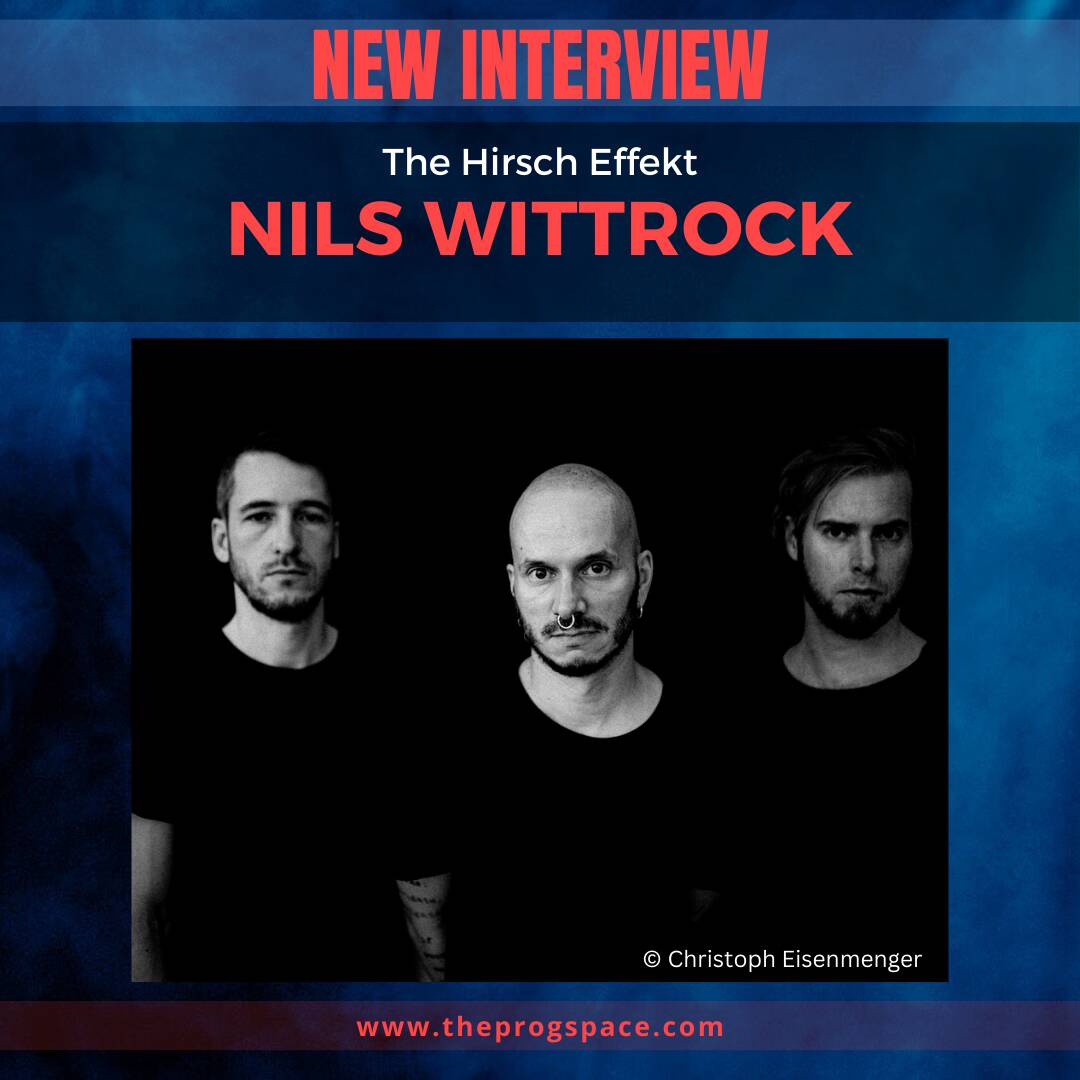
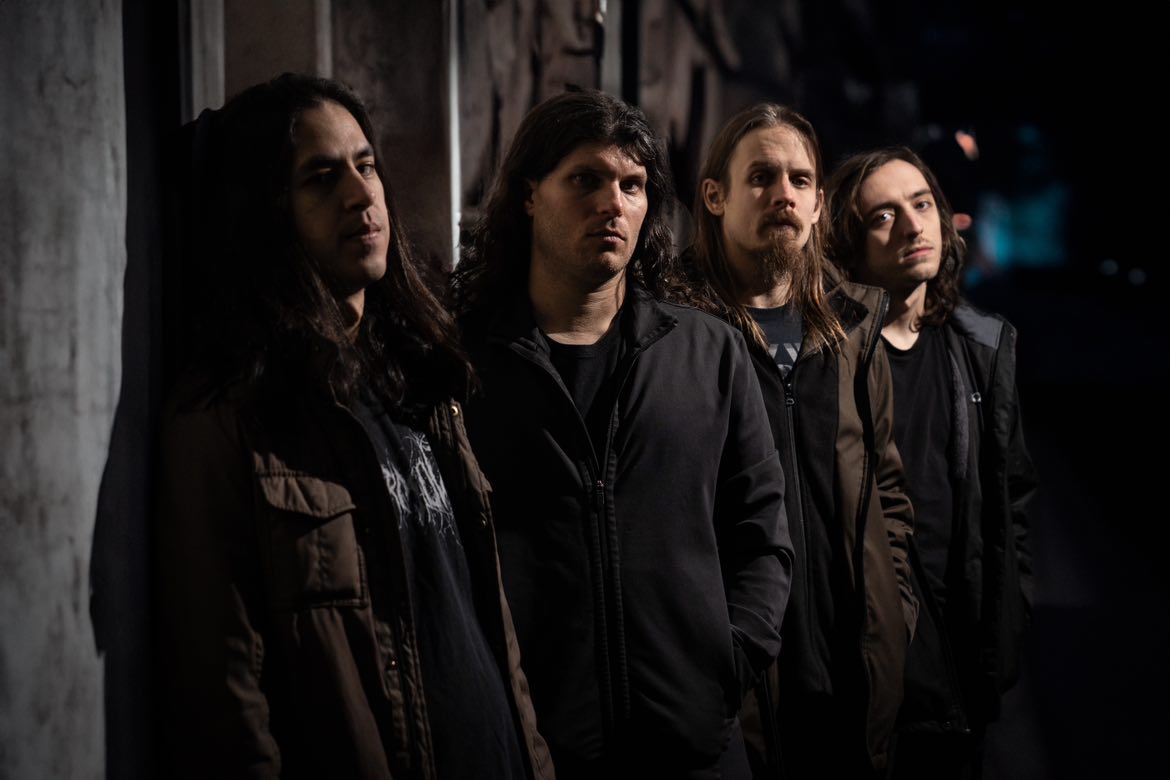
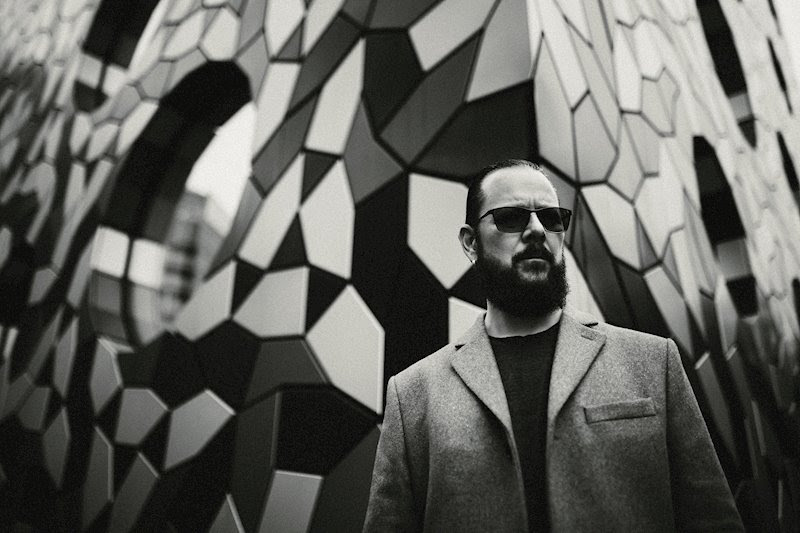
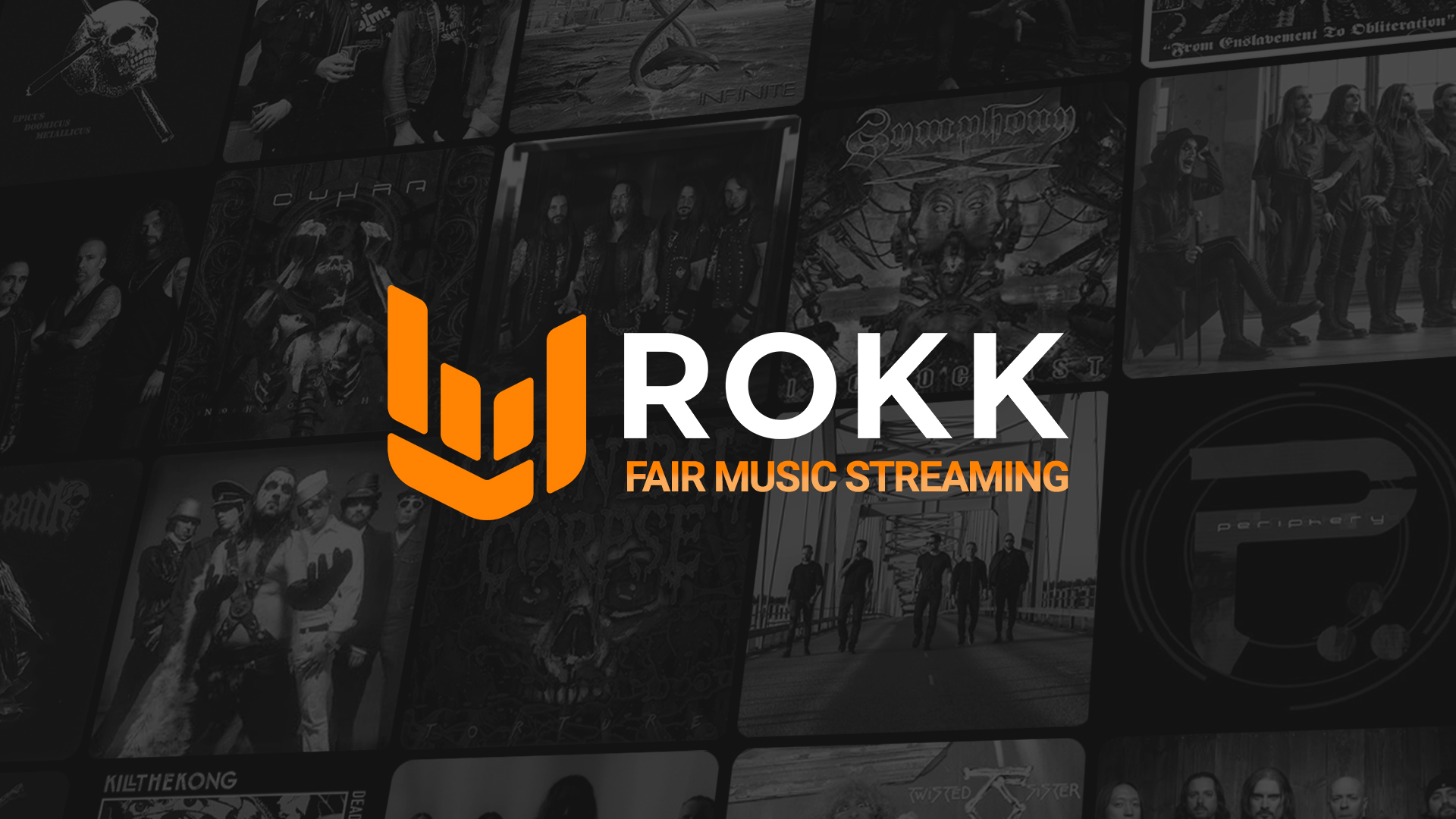
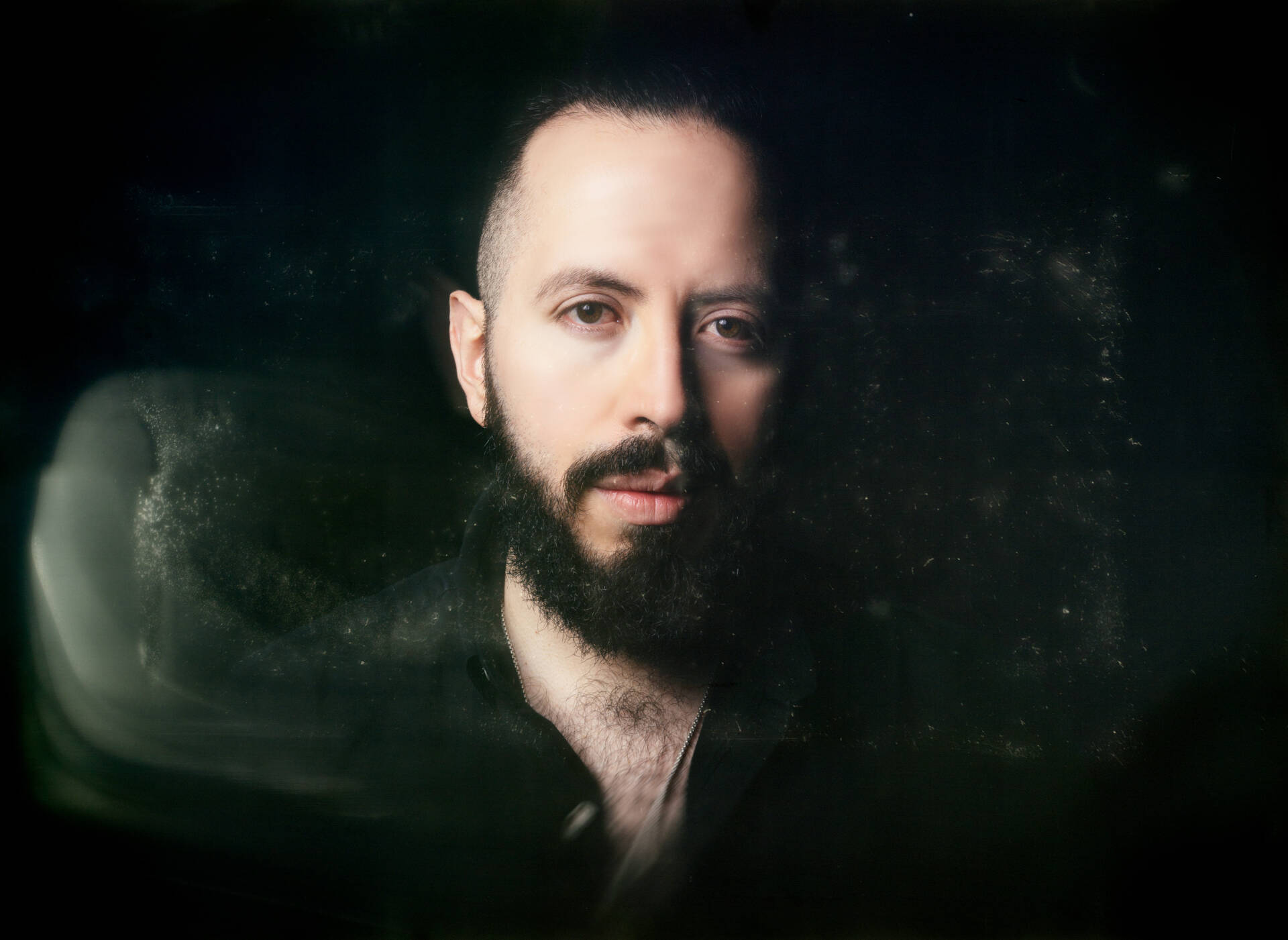
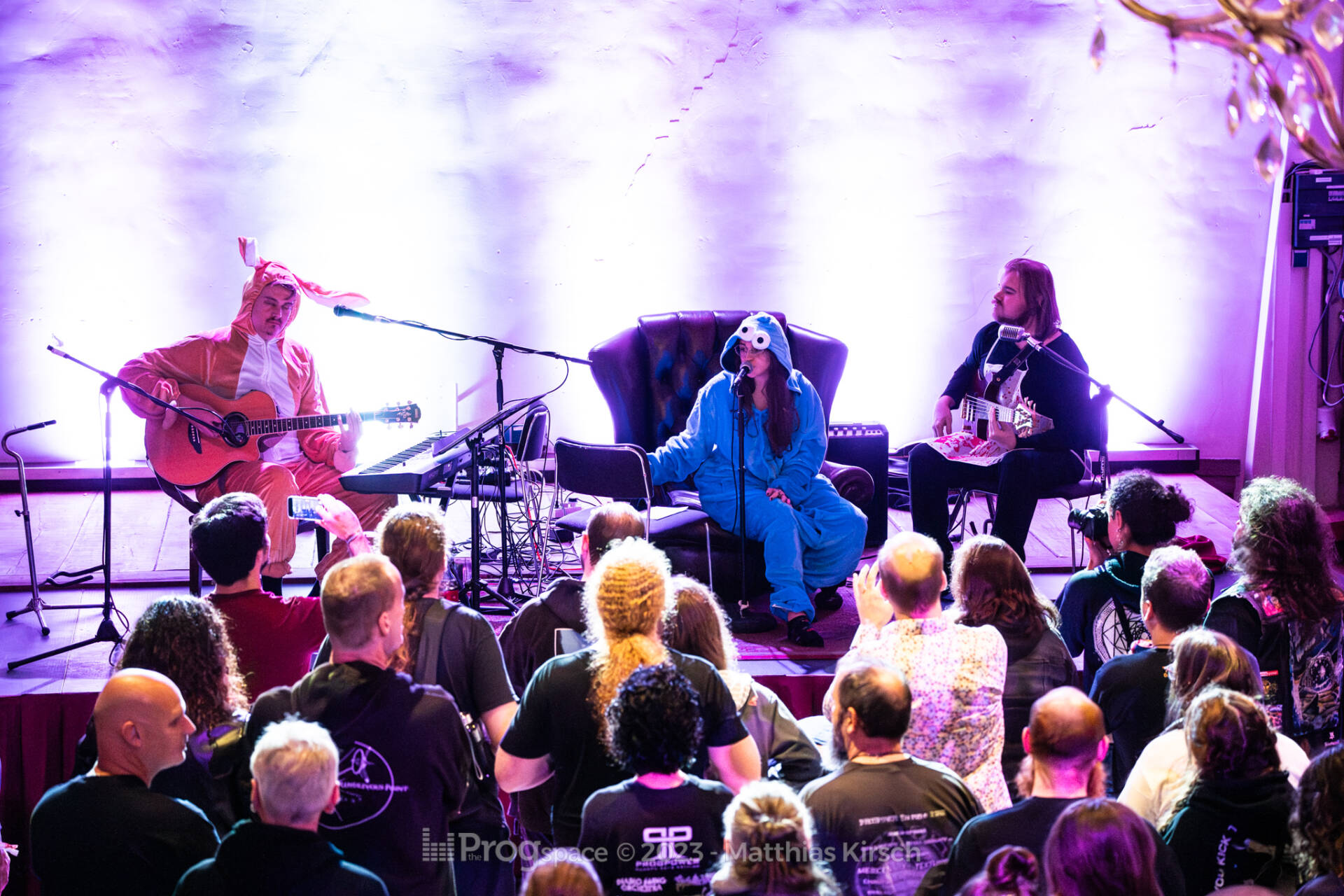
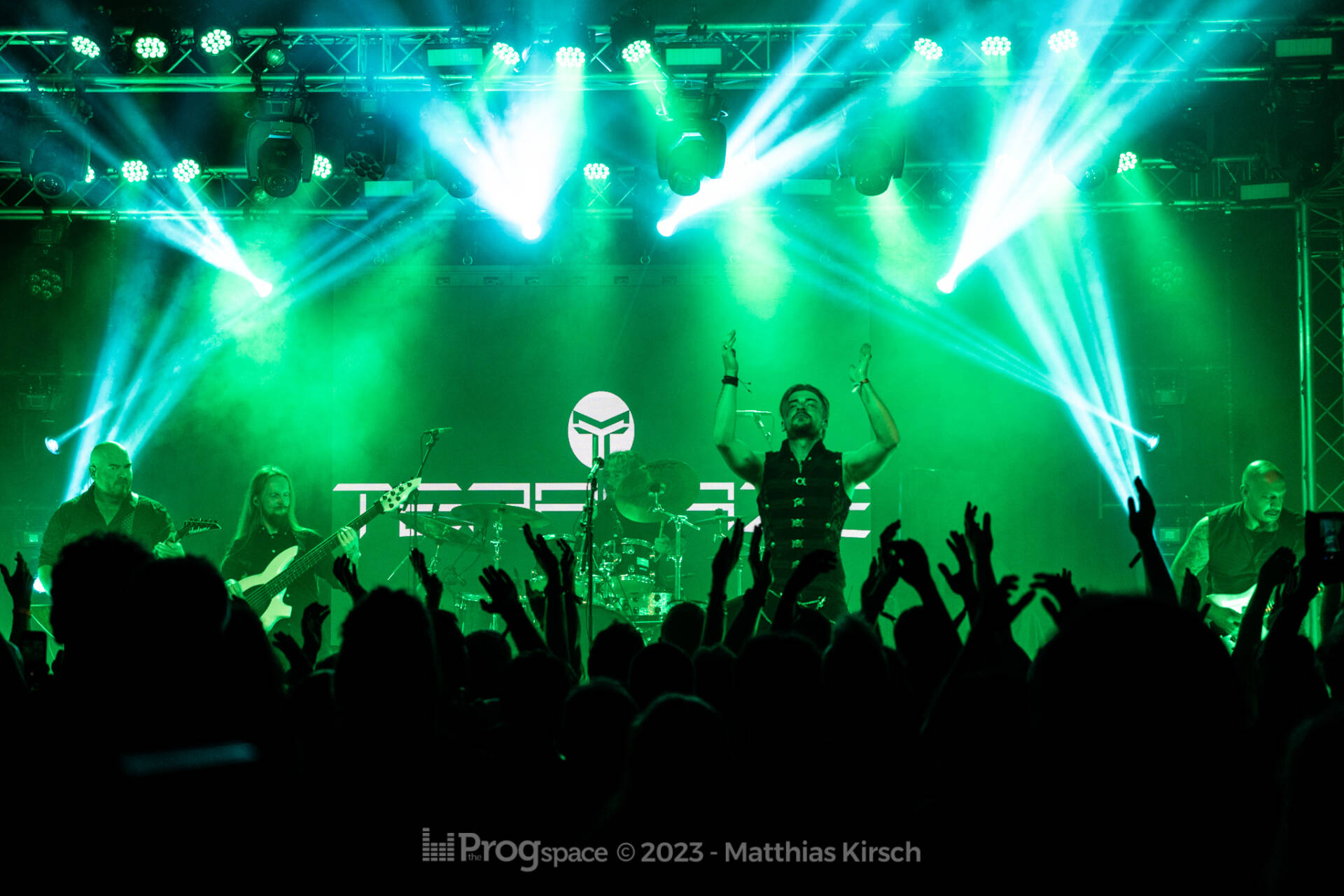
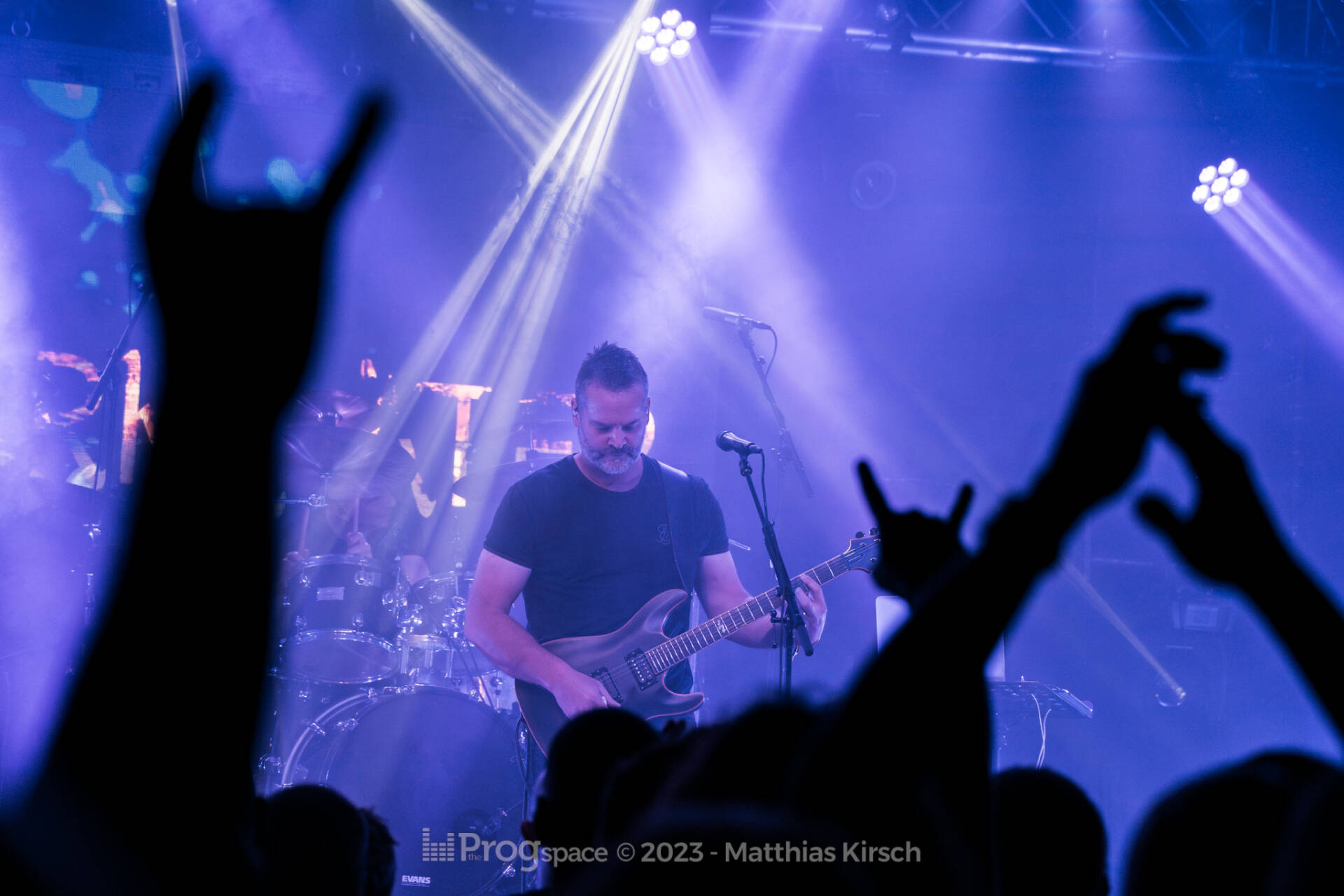
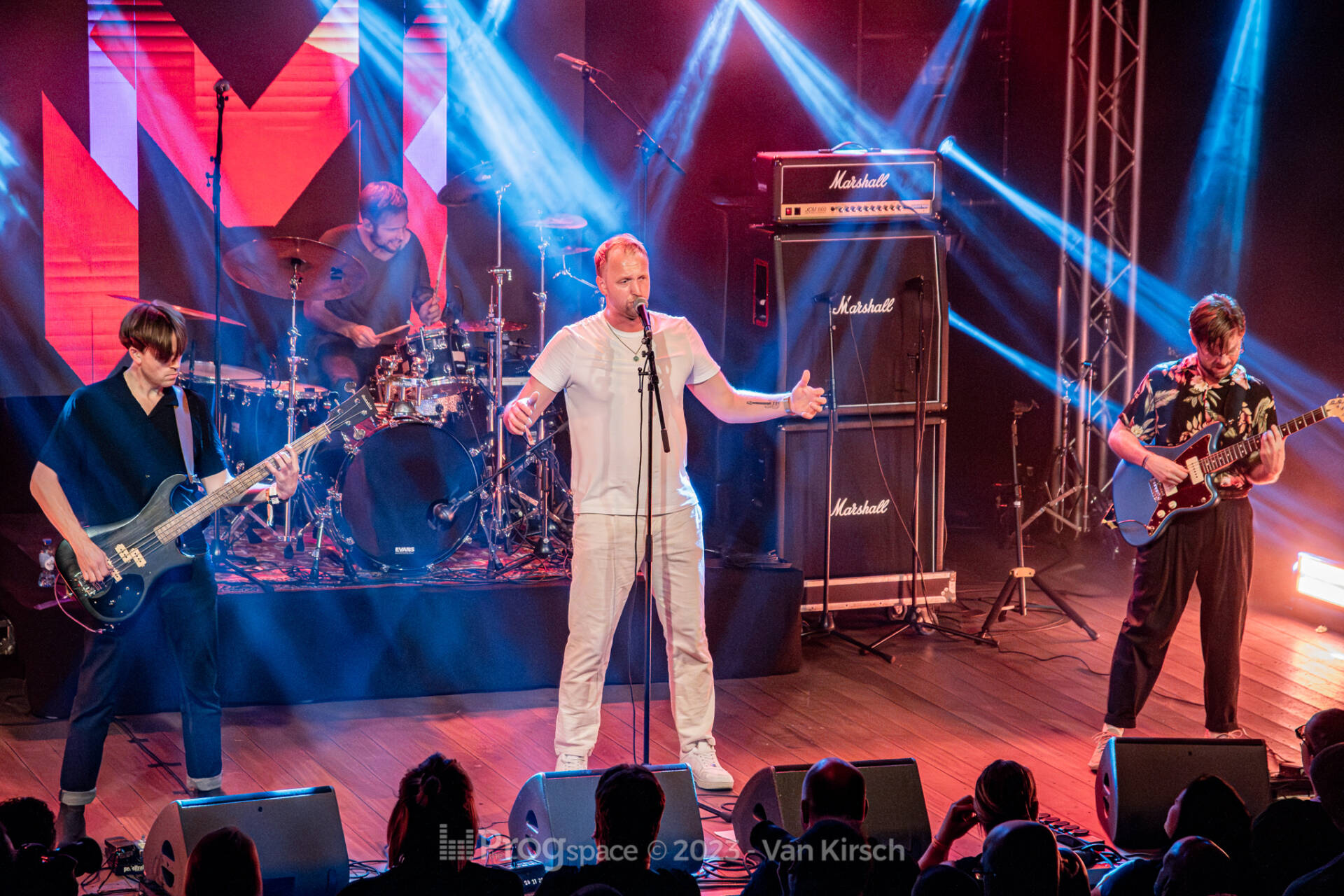
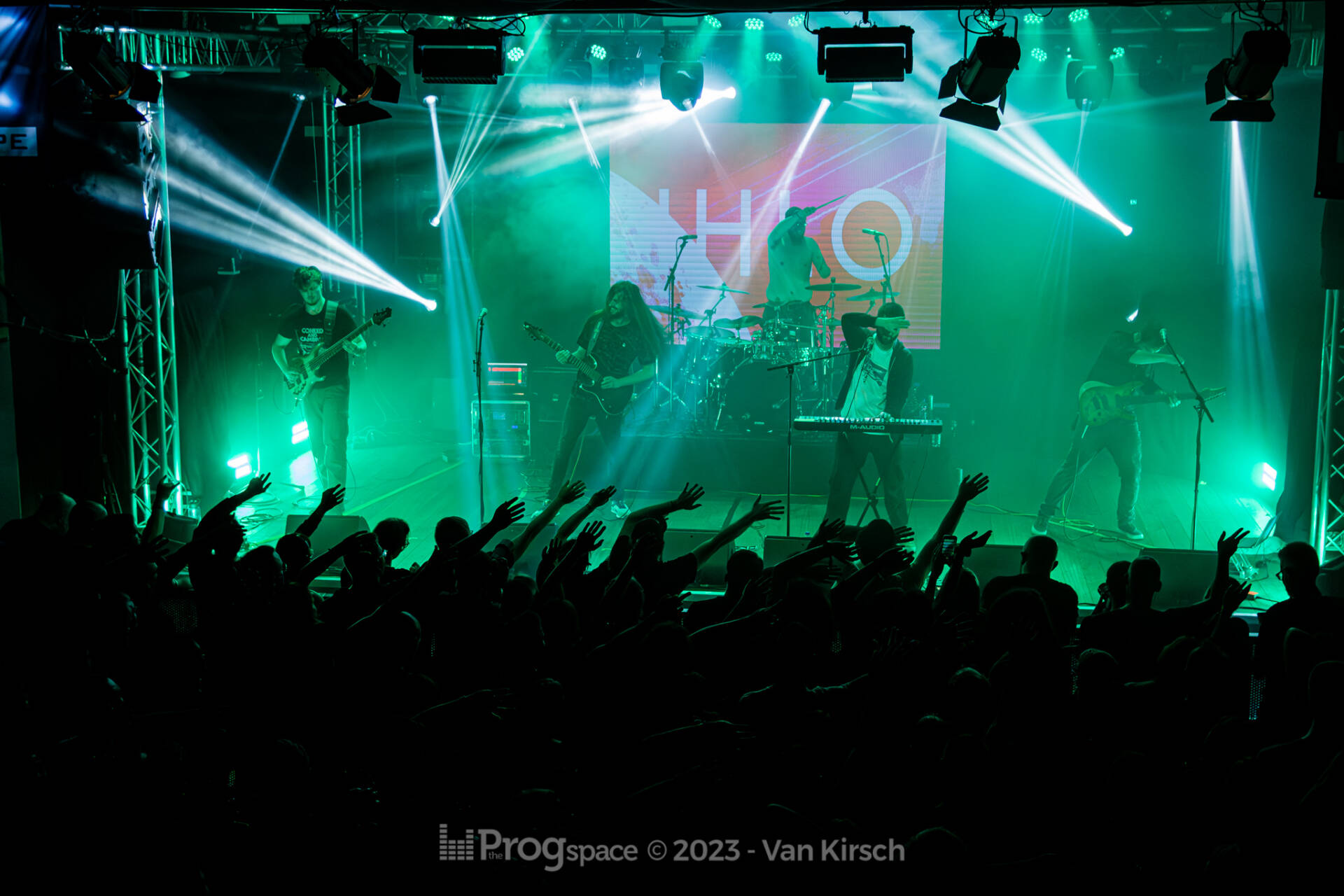
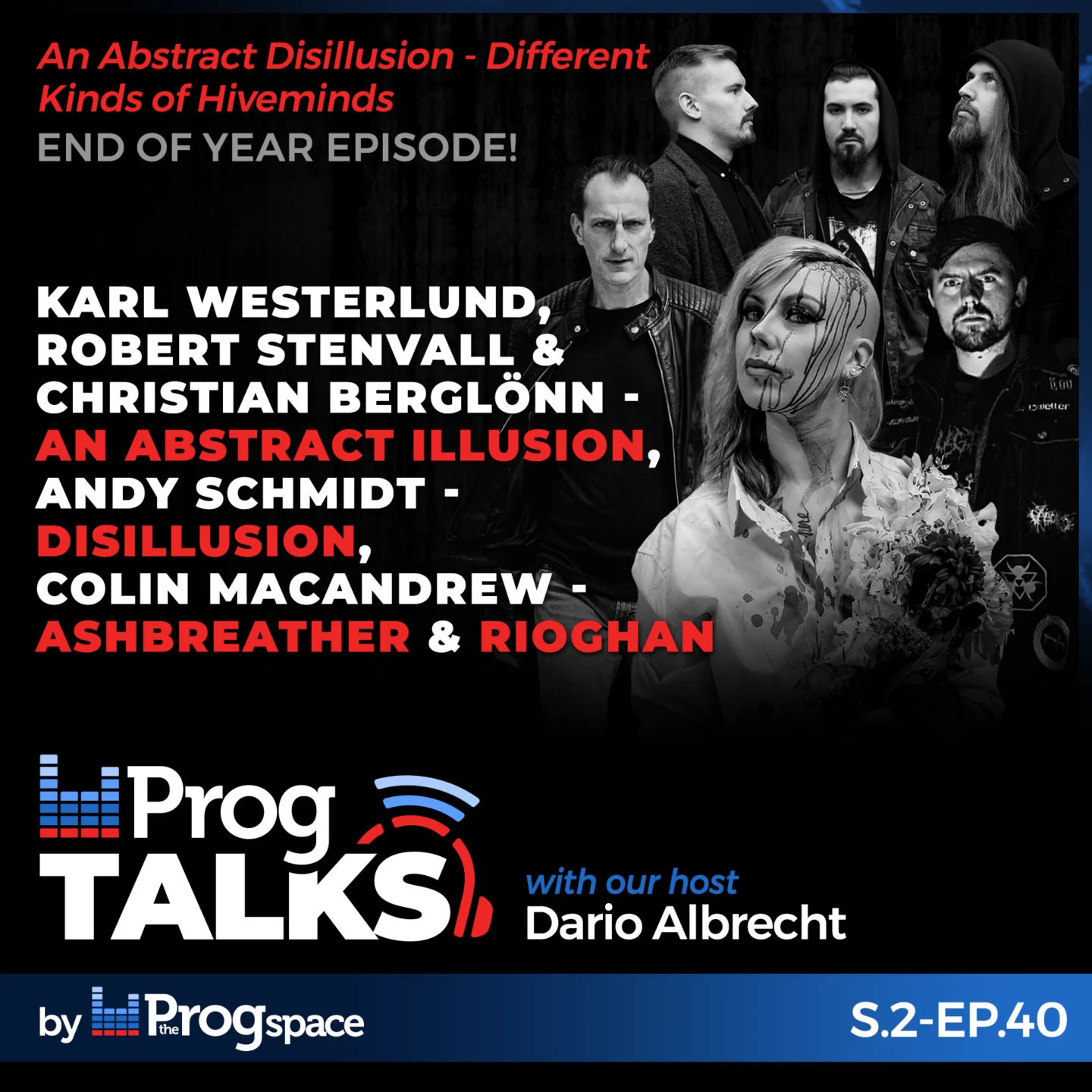
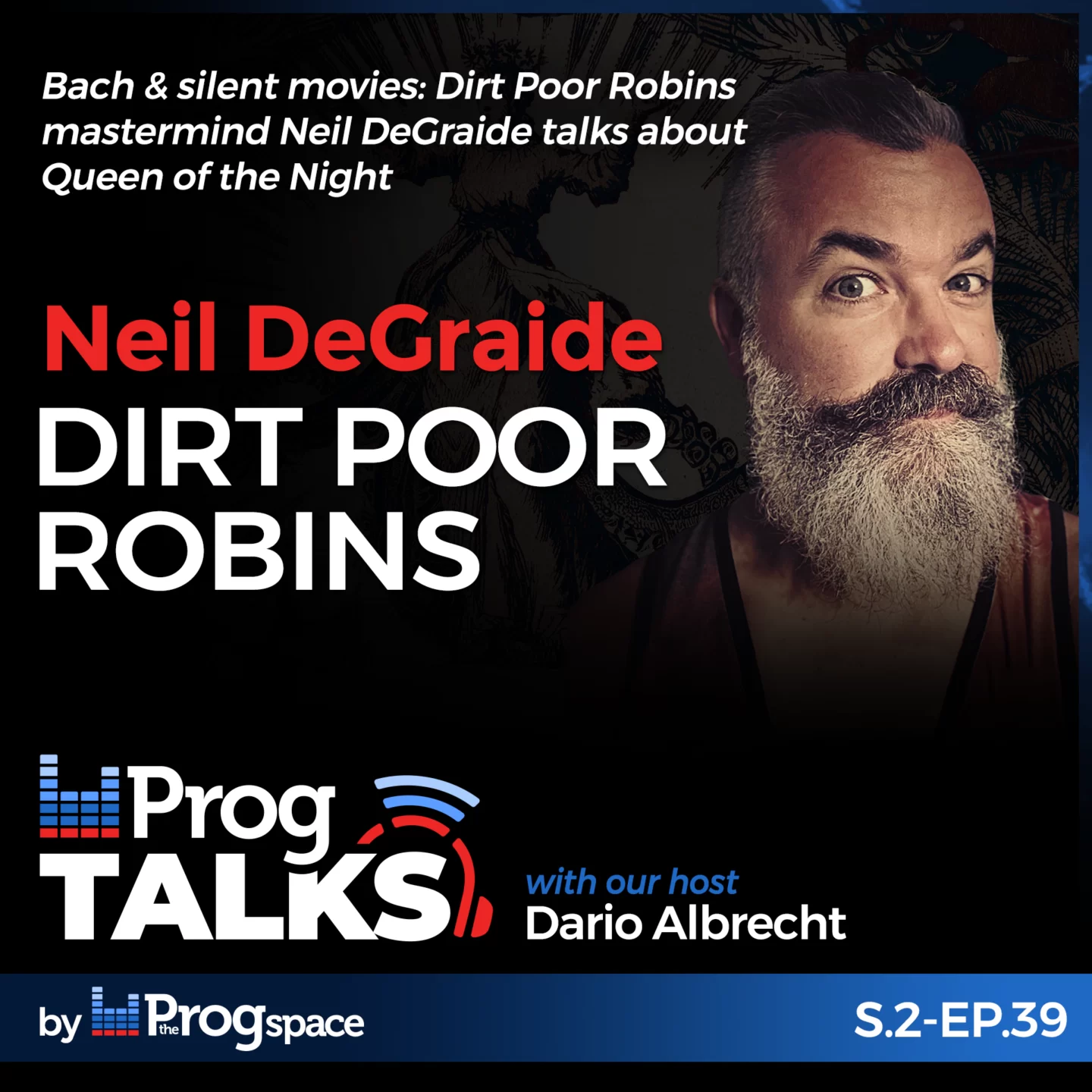
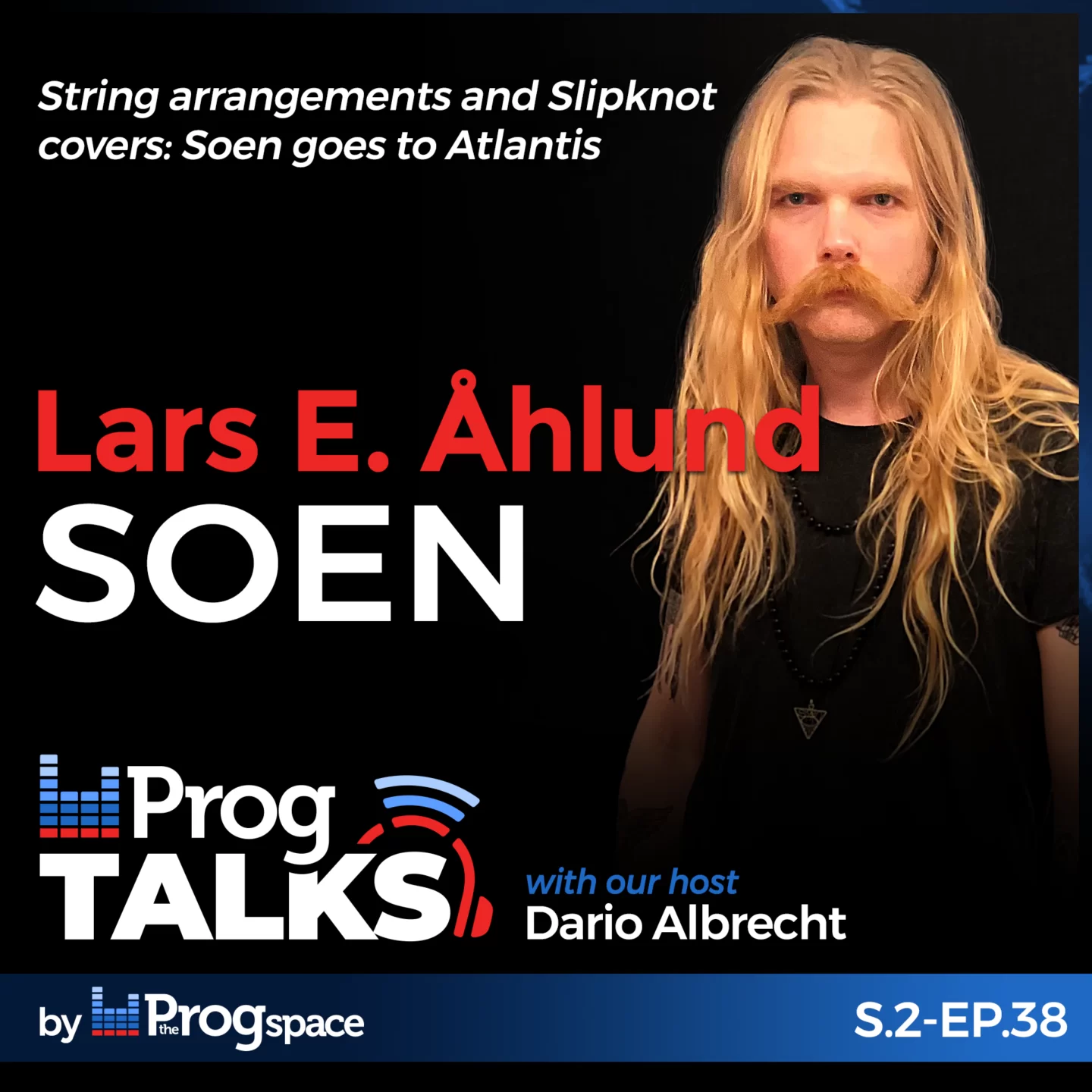
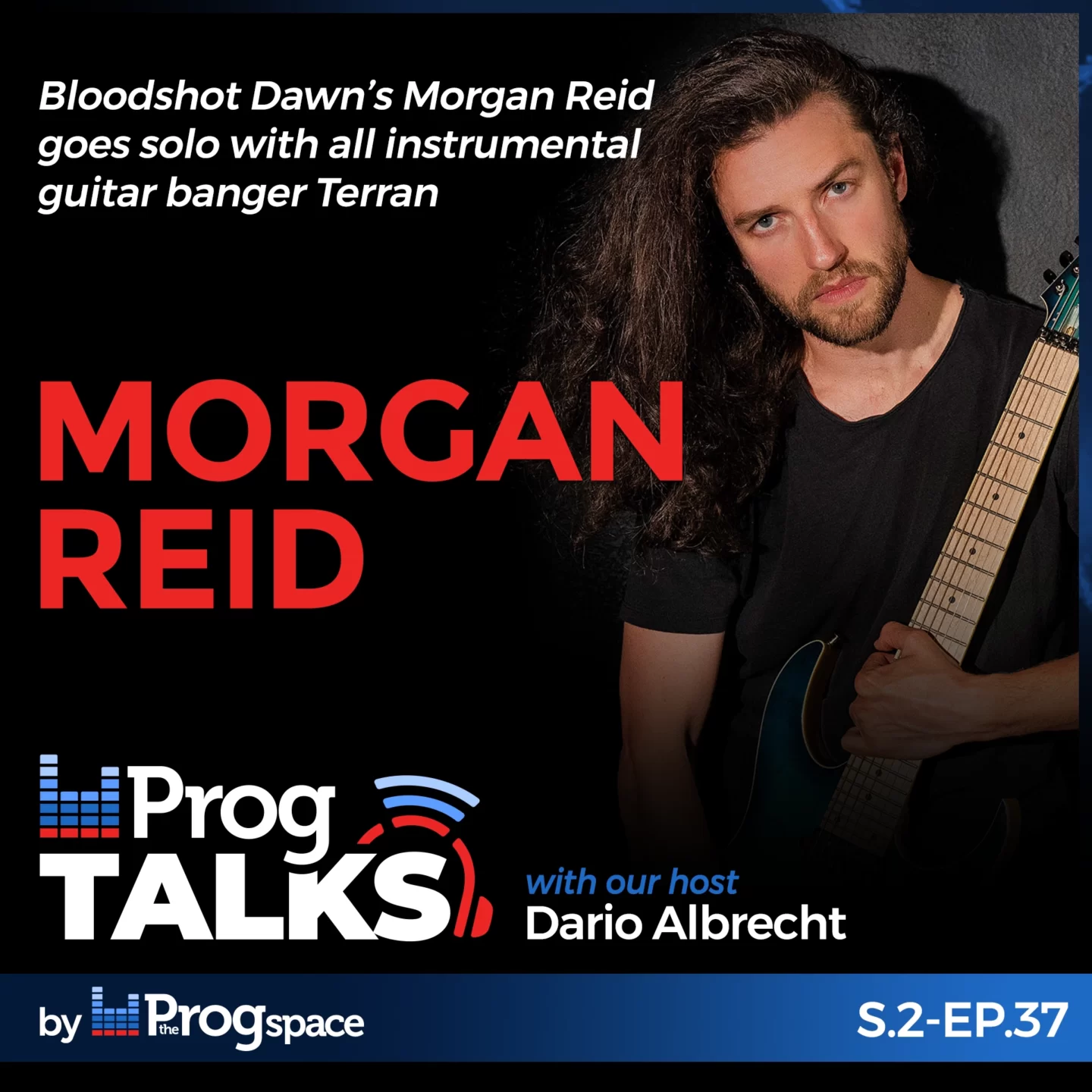
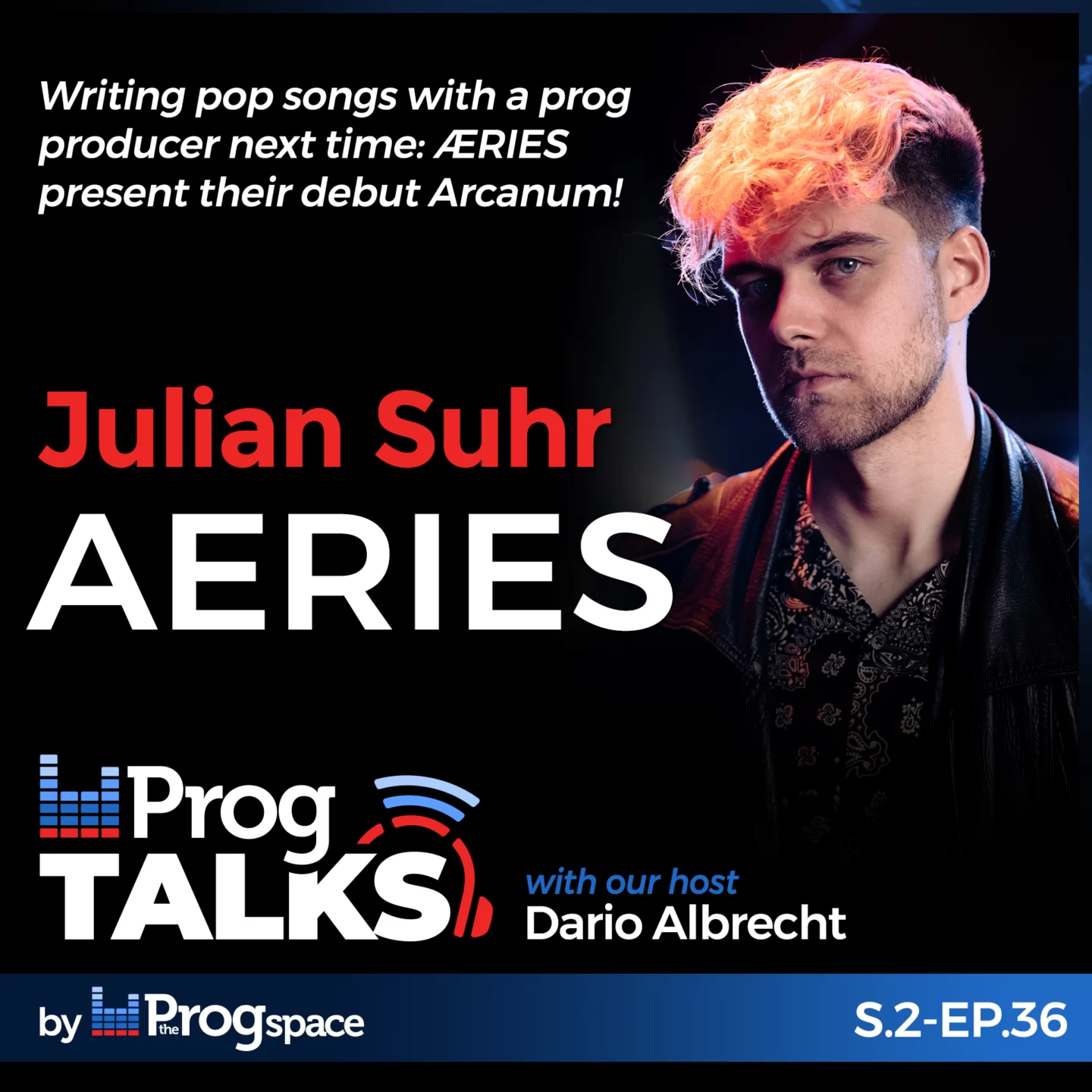
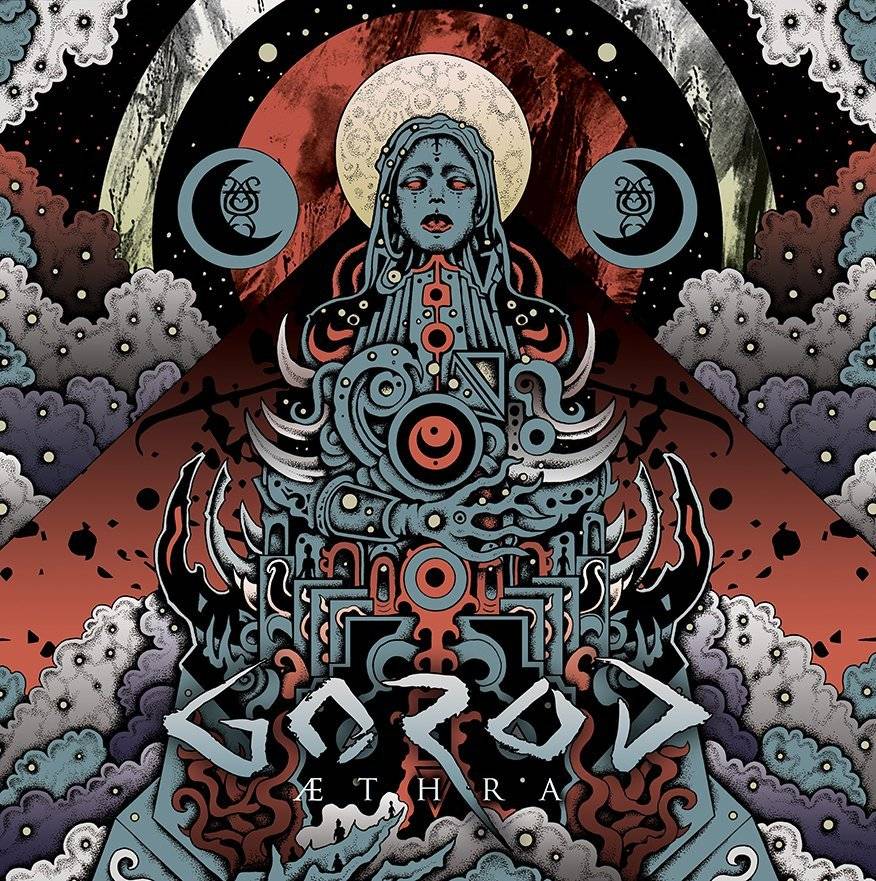
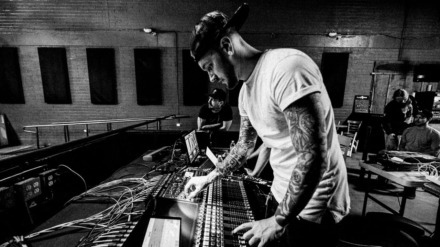
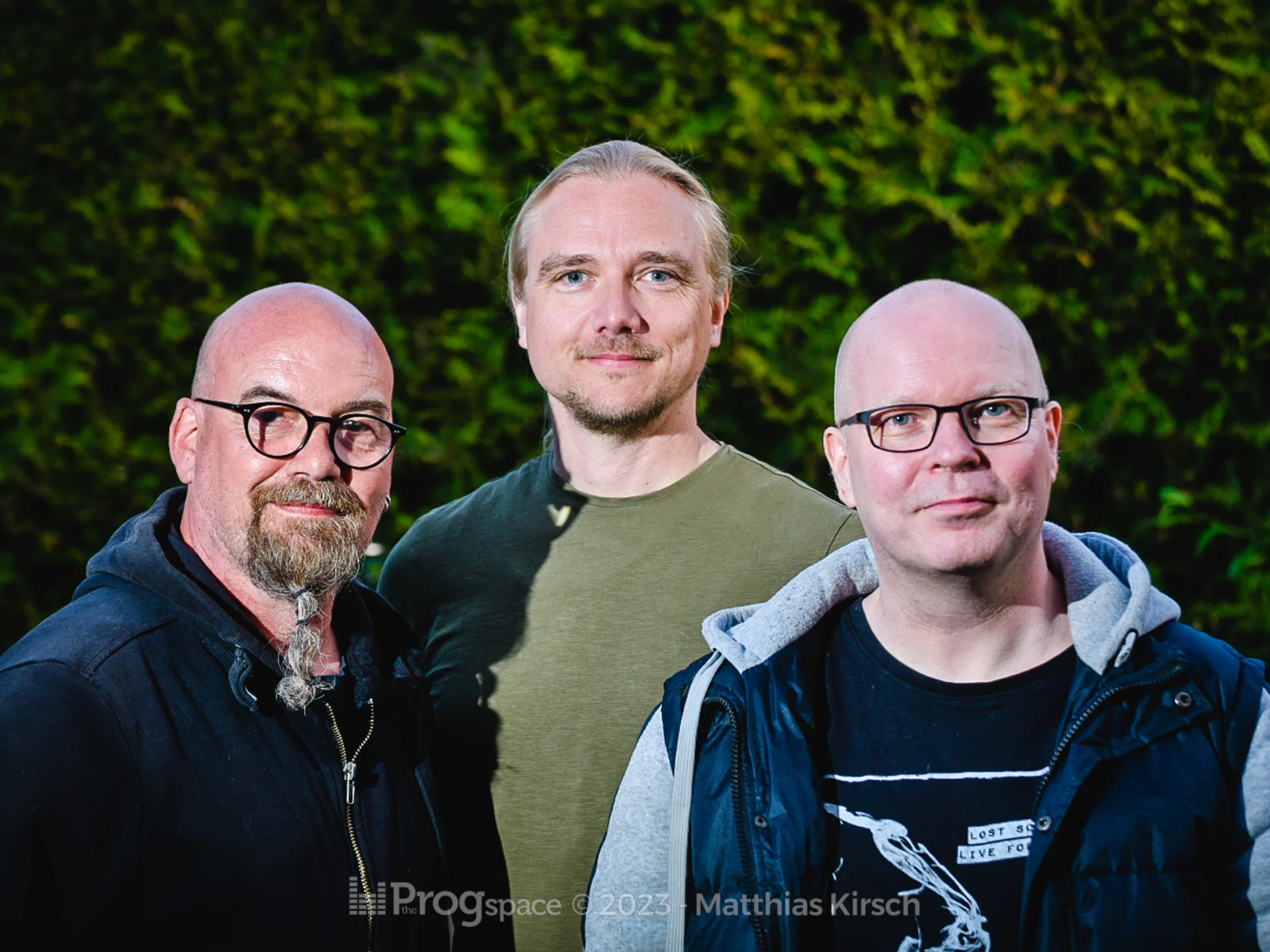
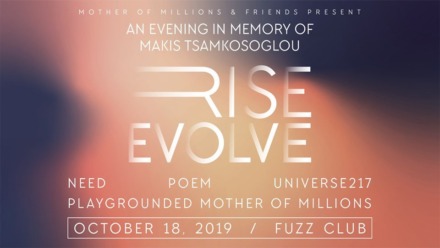


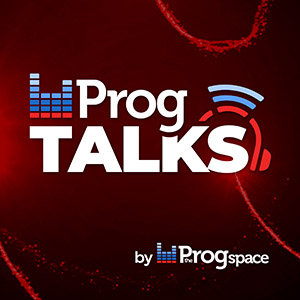
 We’re a group of Prog-lovers who started a journey to share with you our thoughts about albums, concerts, tours and festivals, the photo galleries of the Prog concerts we visit, as well interviews with upcoming or established musicians or prog-related people. Follow our Facebook page for frequent updates and news around the Progniverse.
We’re a group of Prog-lovers who started a journey to share with you our thoughts about albums, concerts, tours and festivals, the photo galleries of the Prog concerts we visit, as well interviews with upcoming or established musicians or prog-related people. Follow our Facebook page for frequent updates and news around the Progniverse.